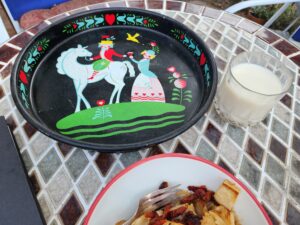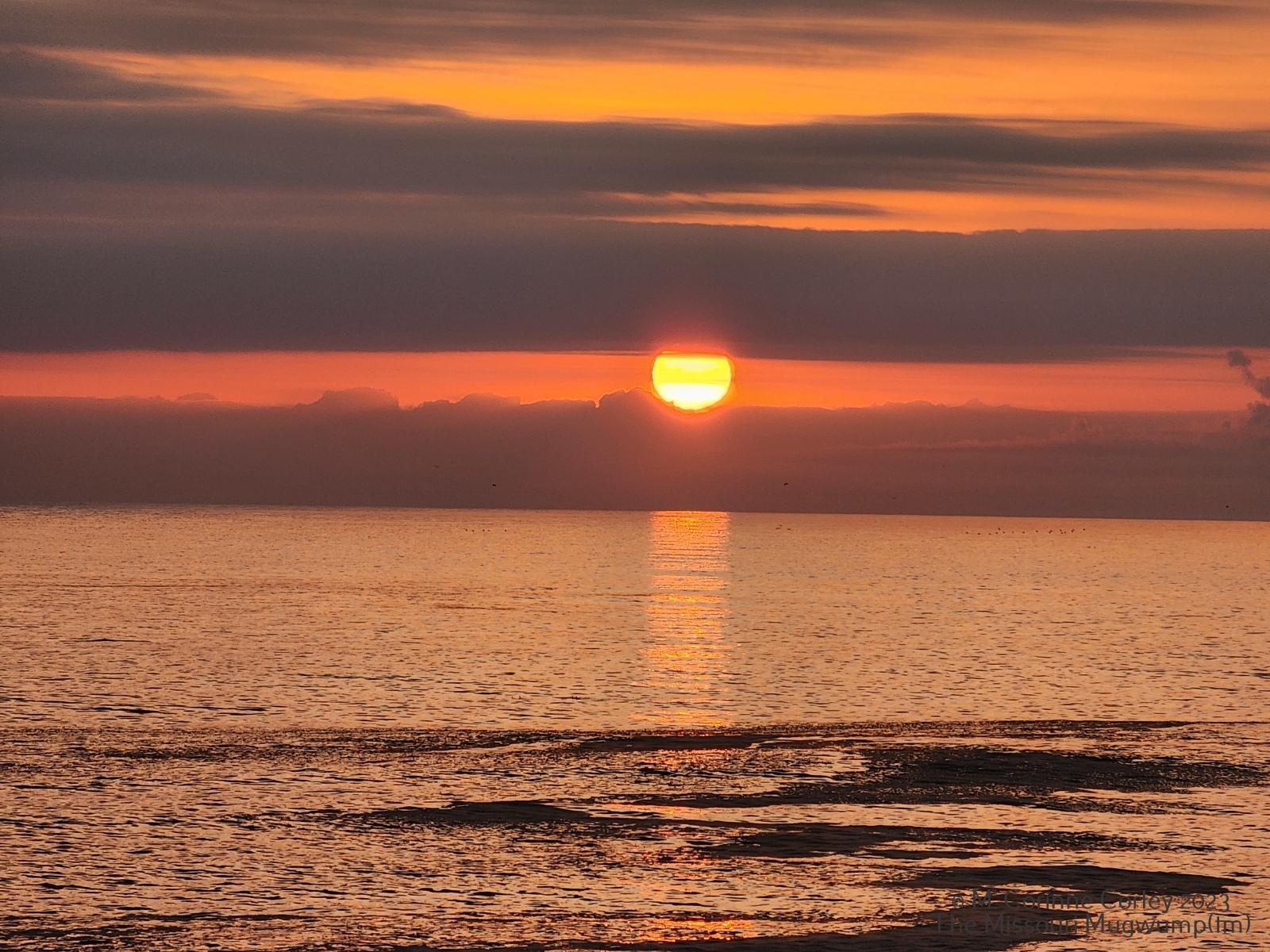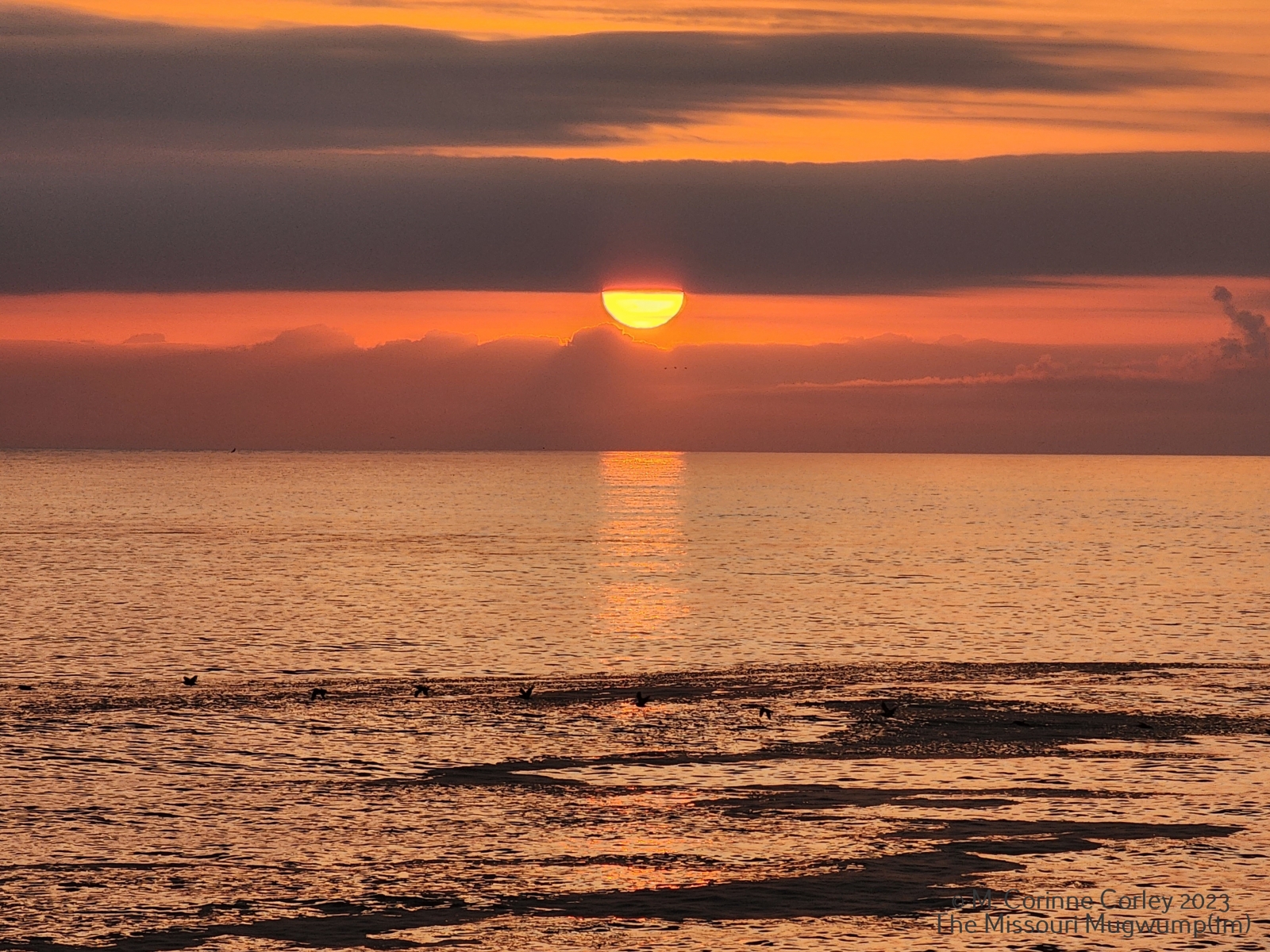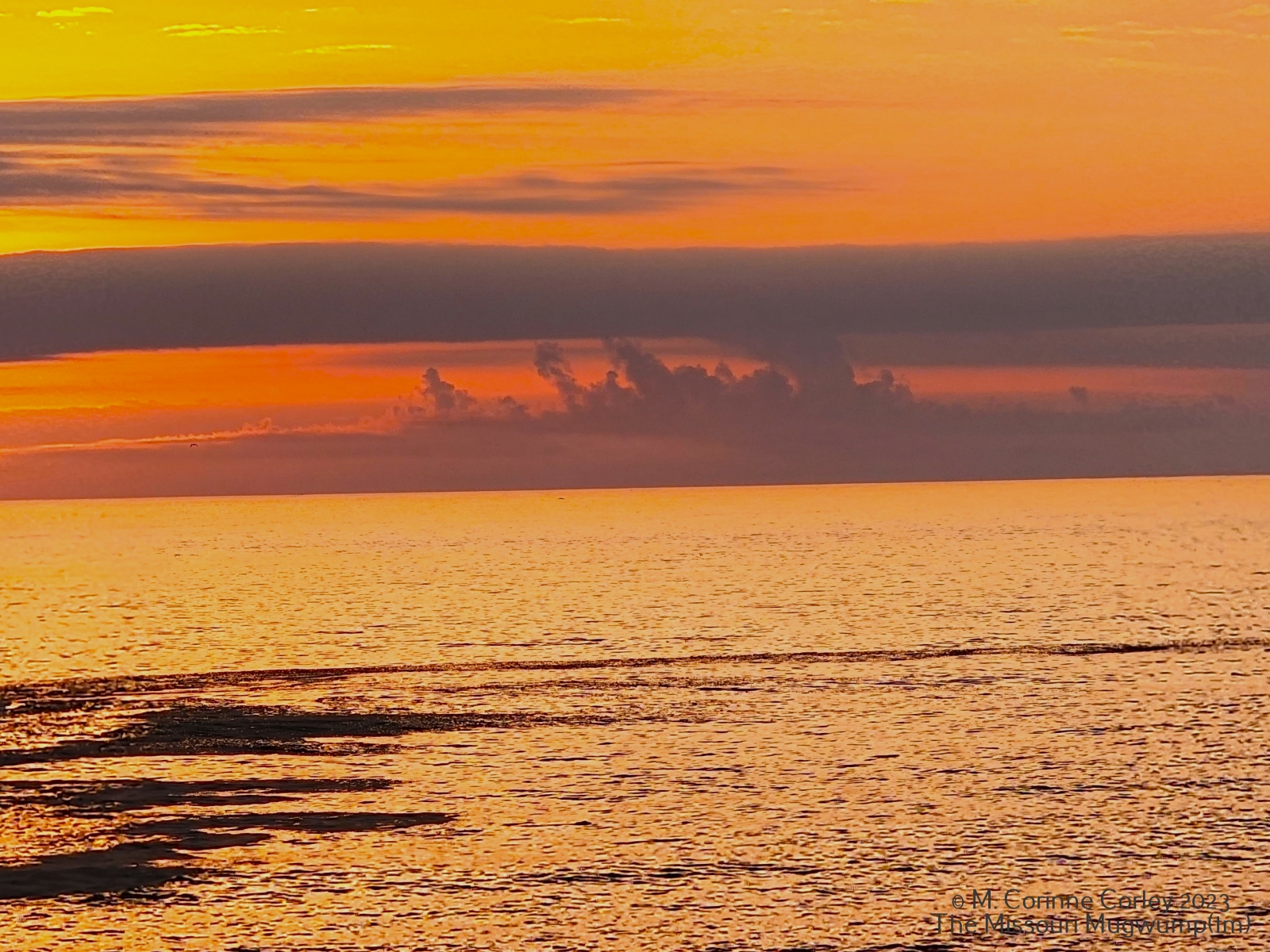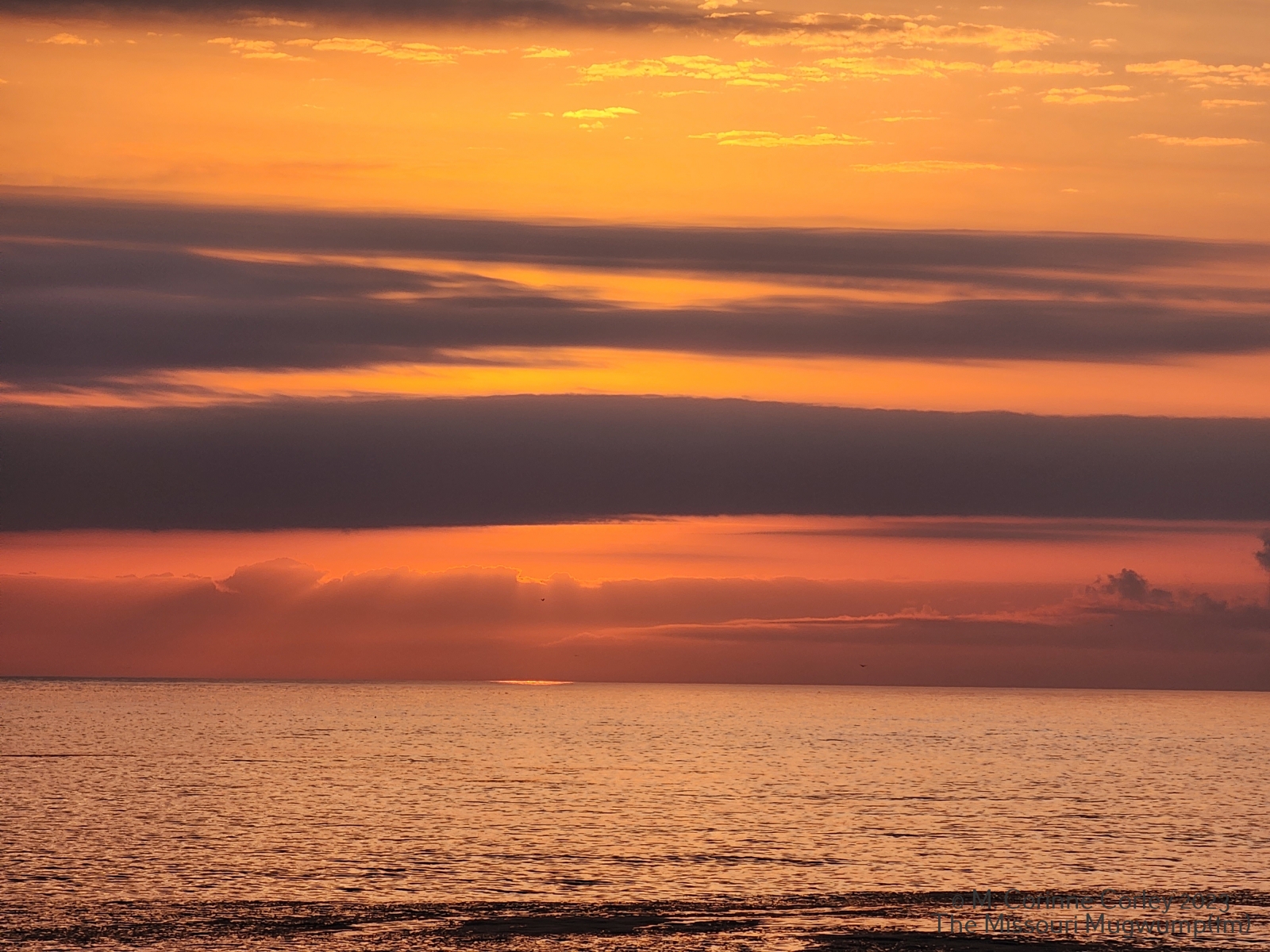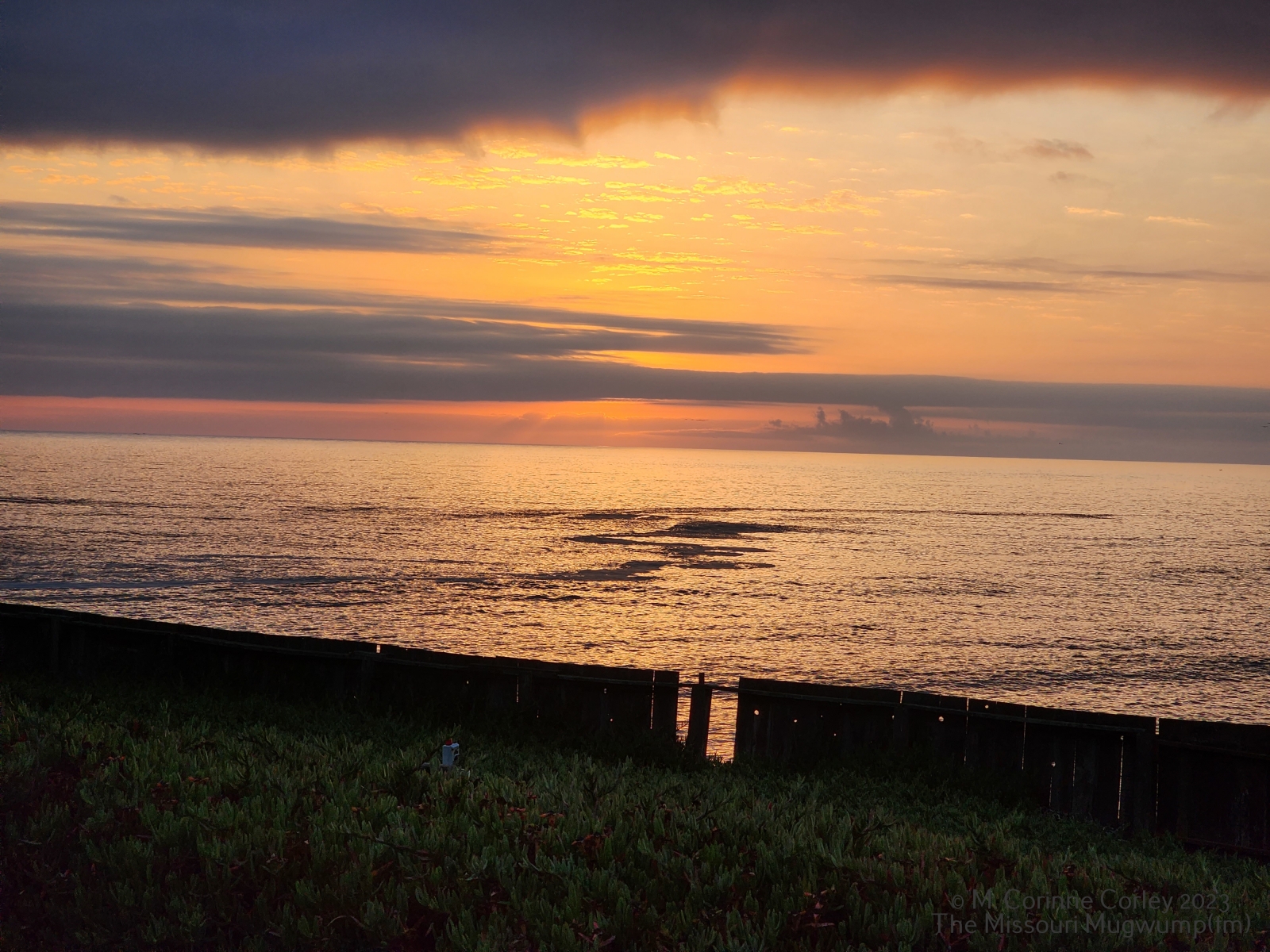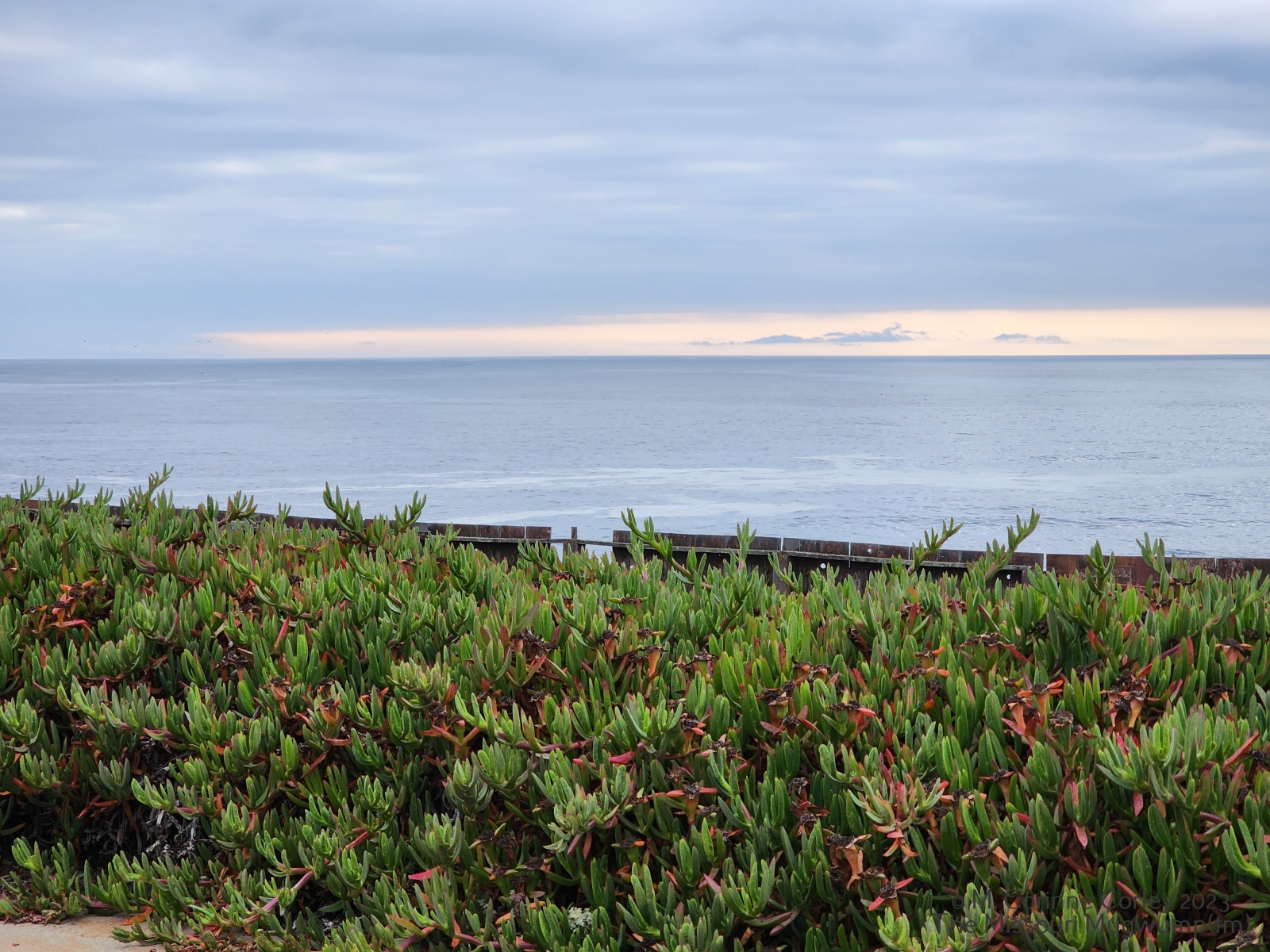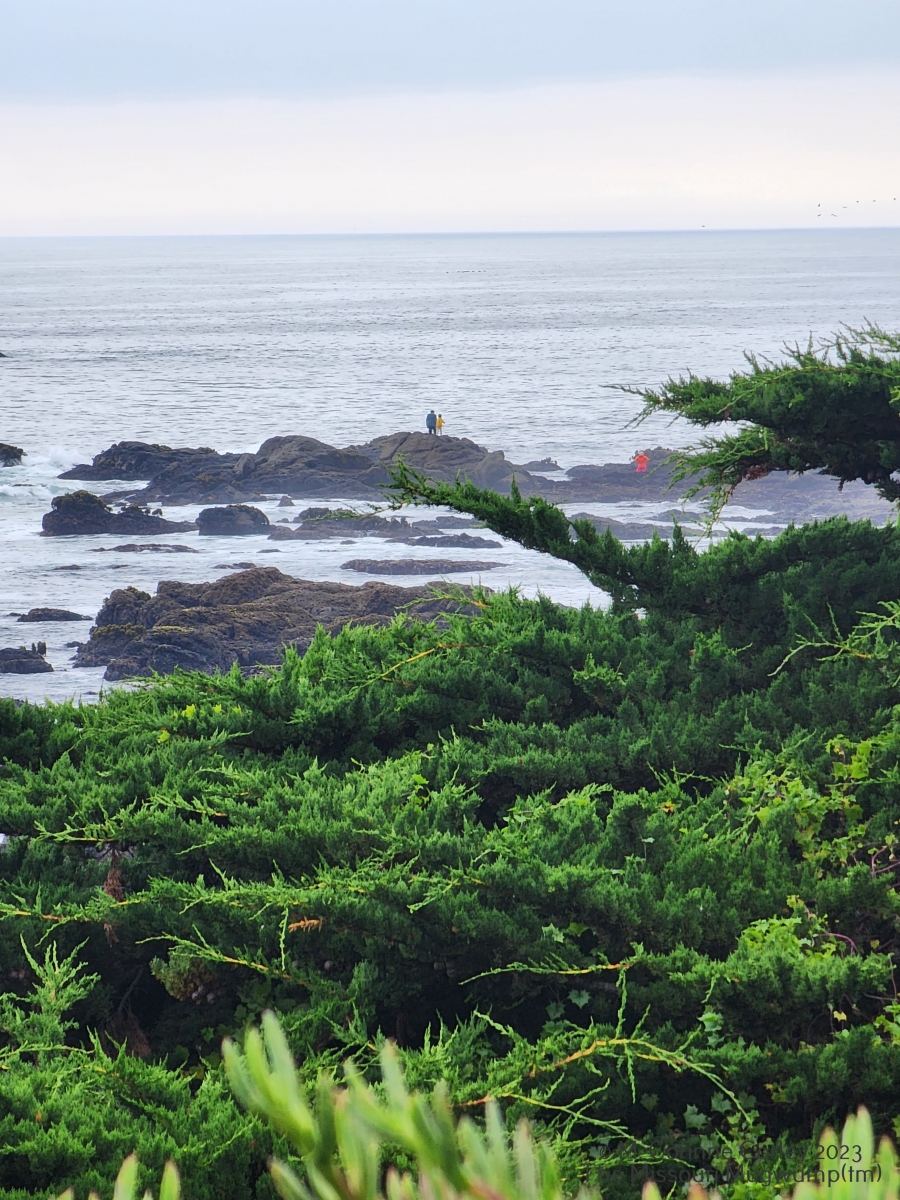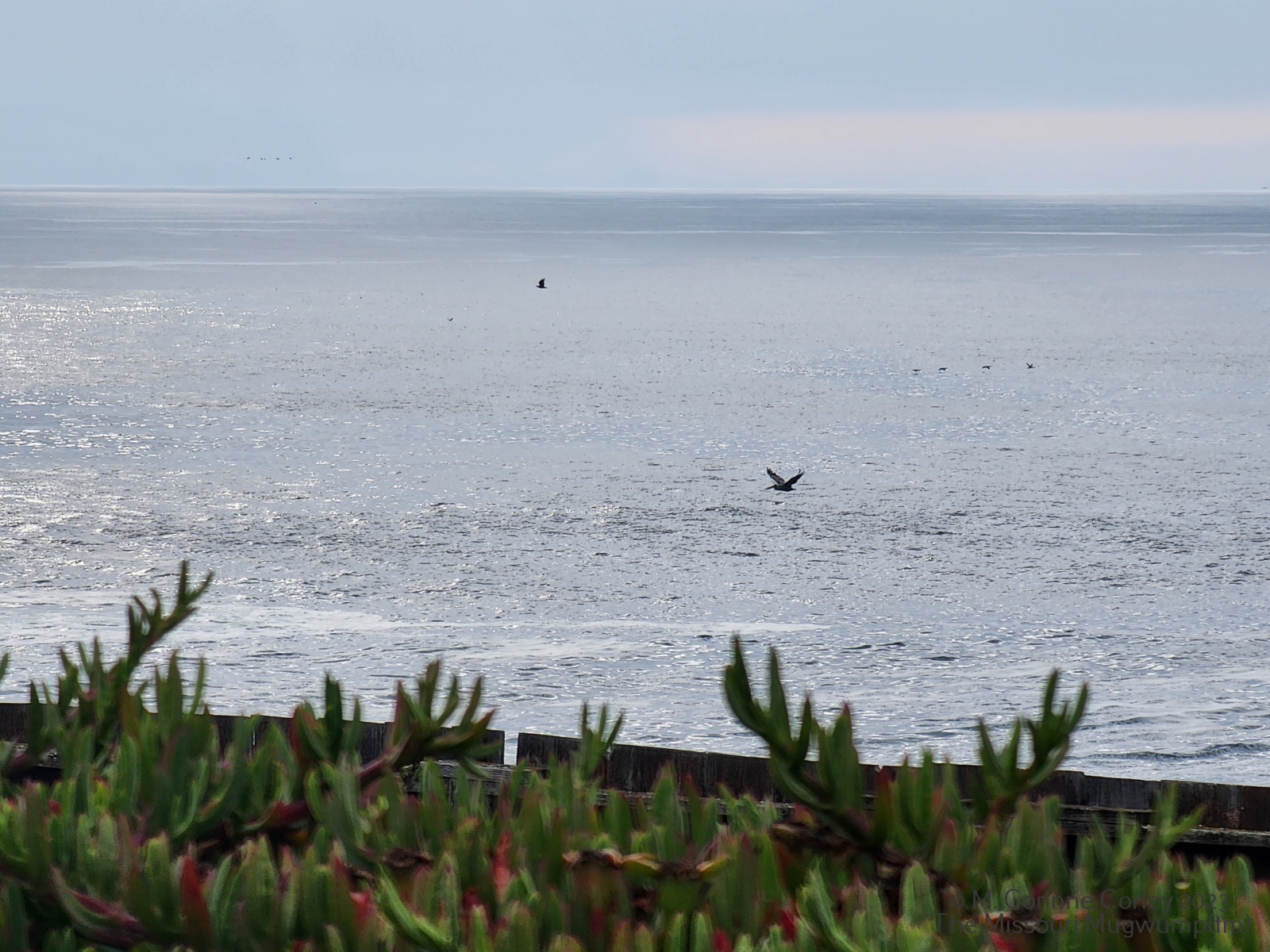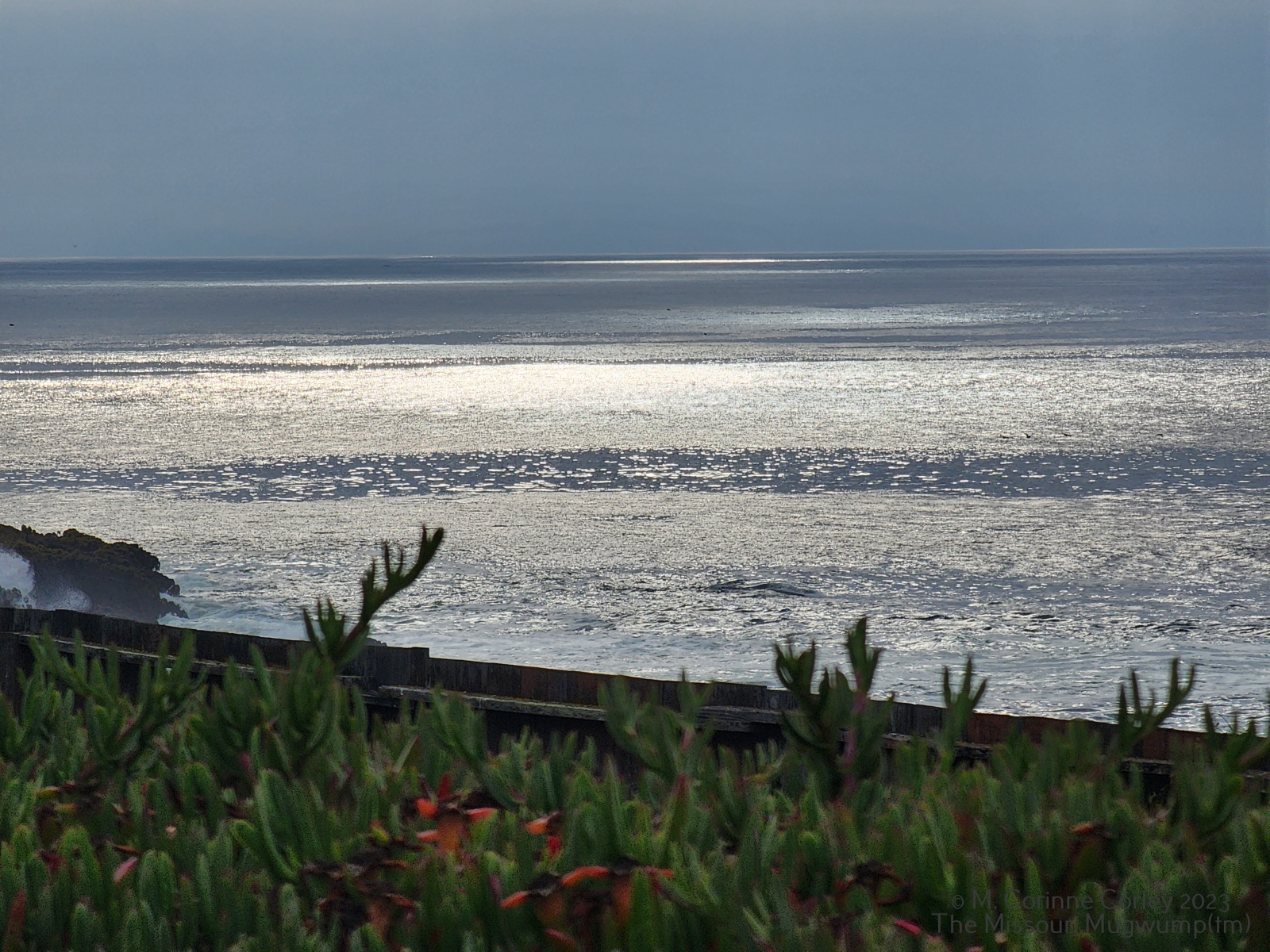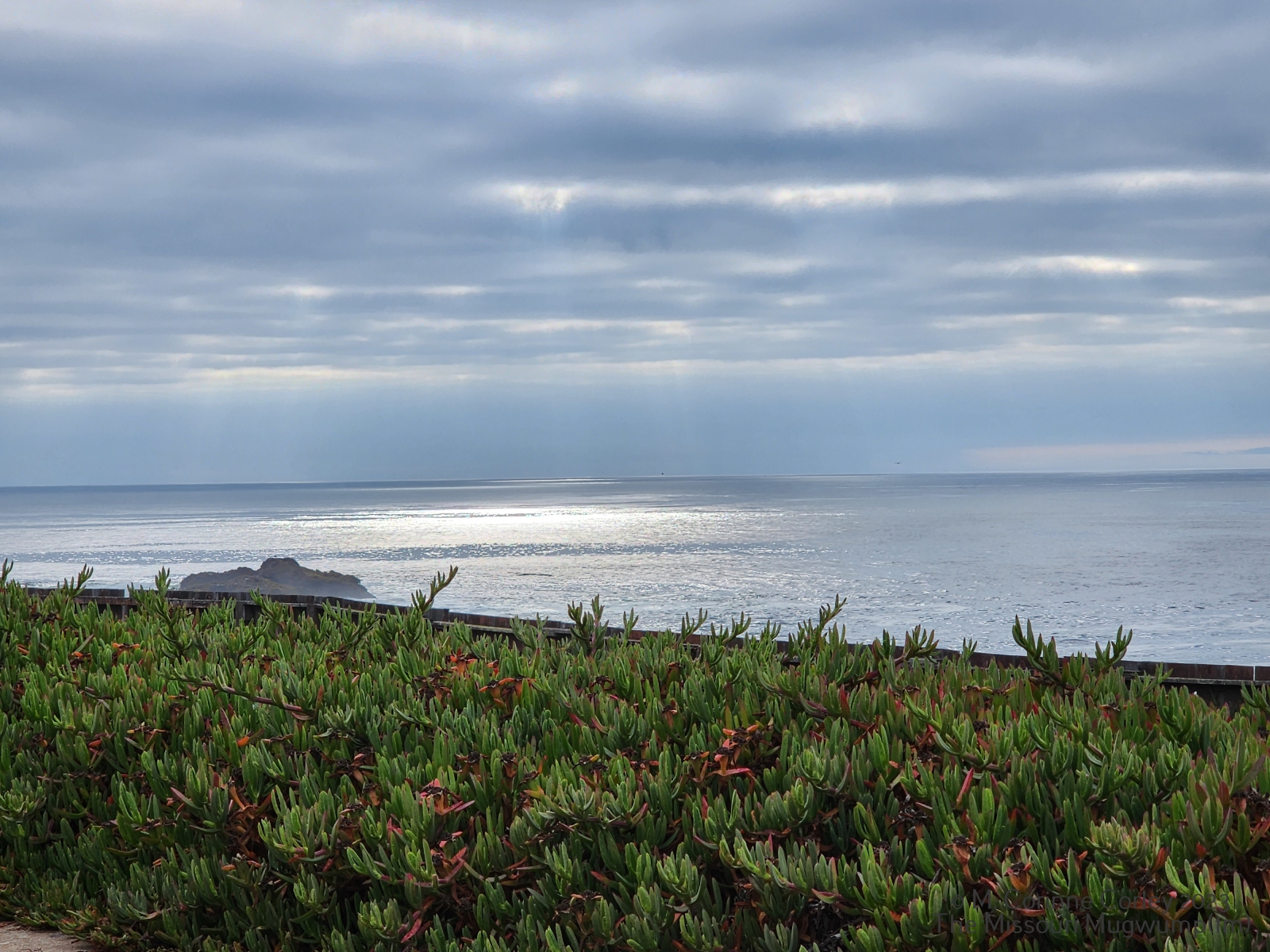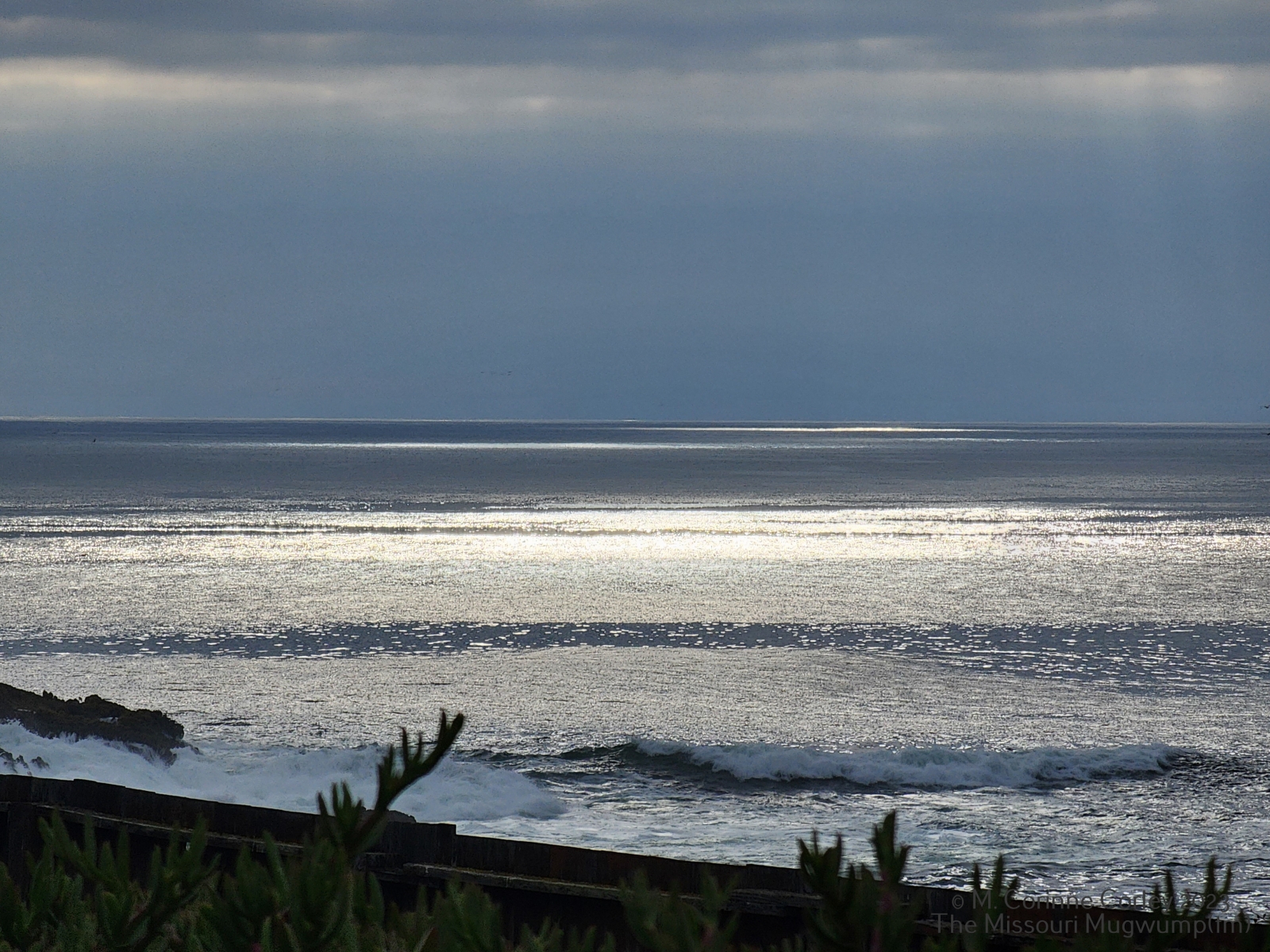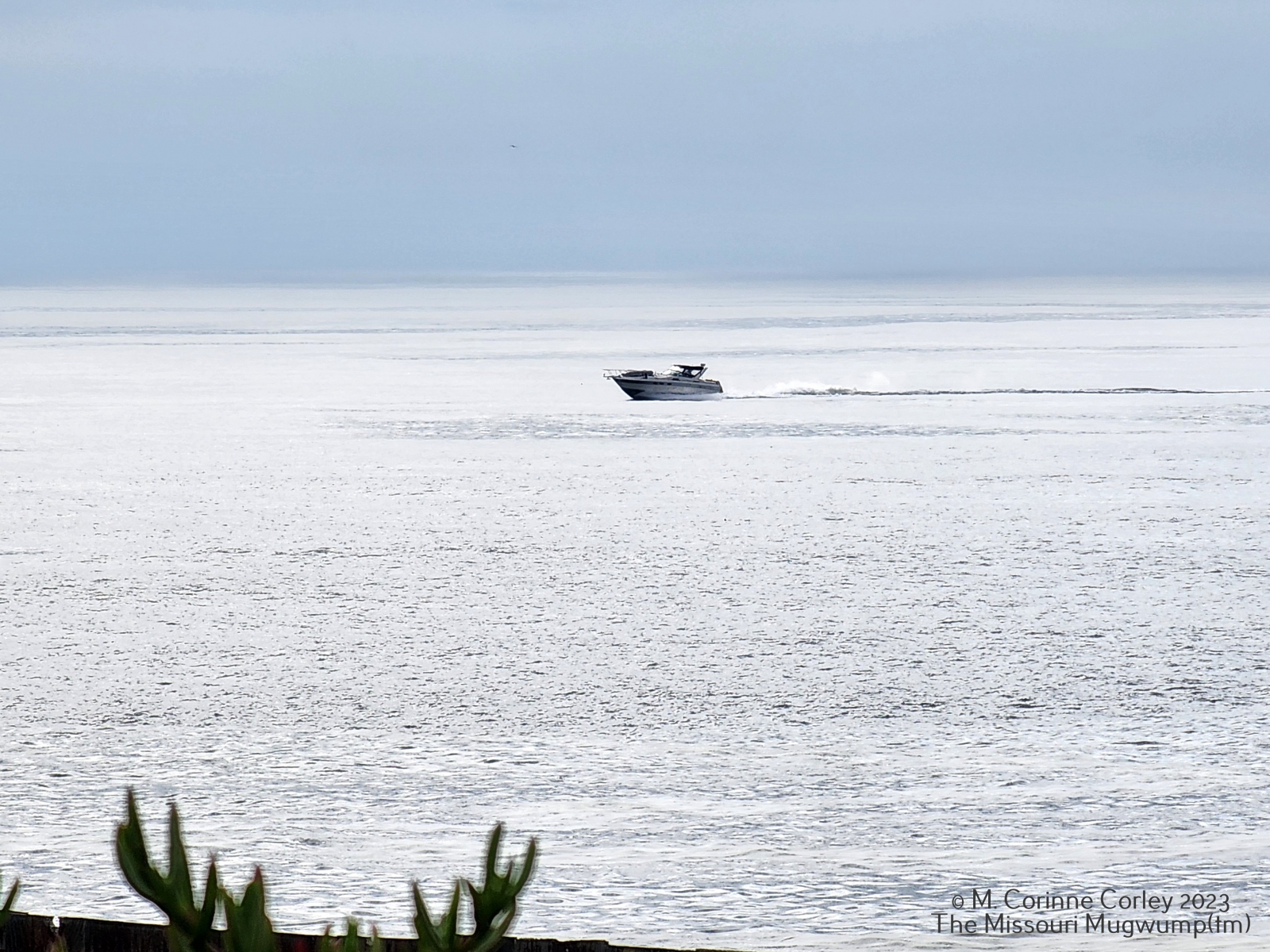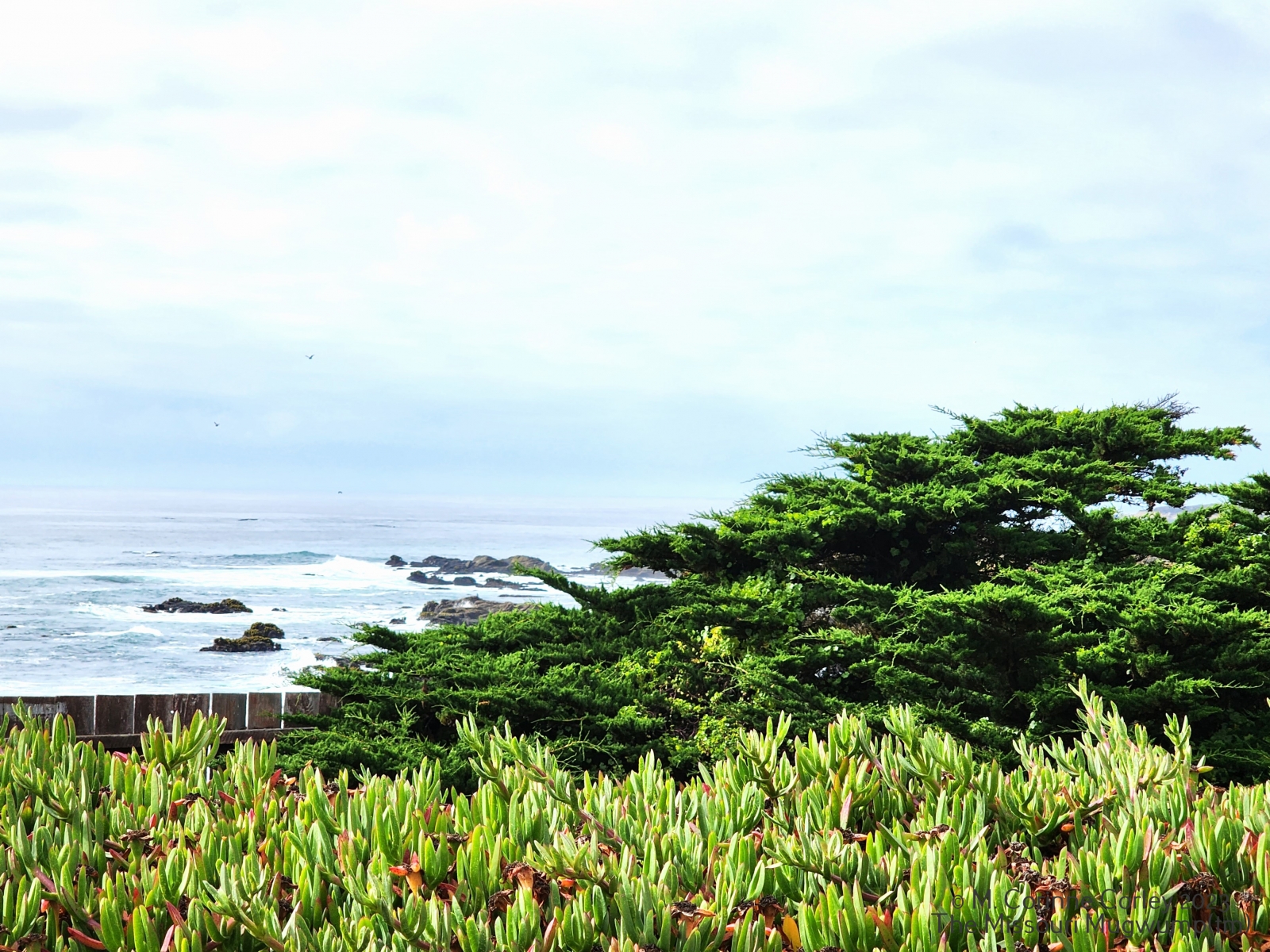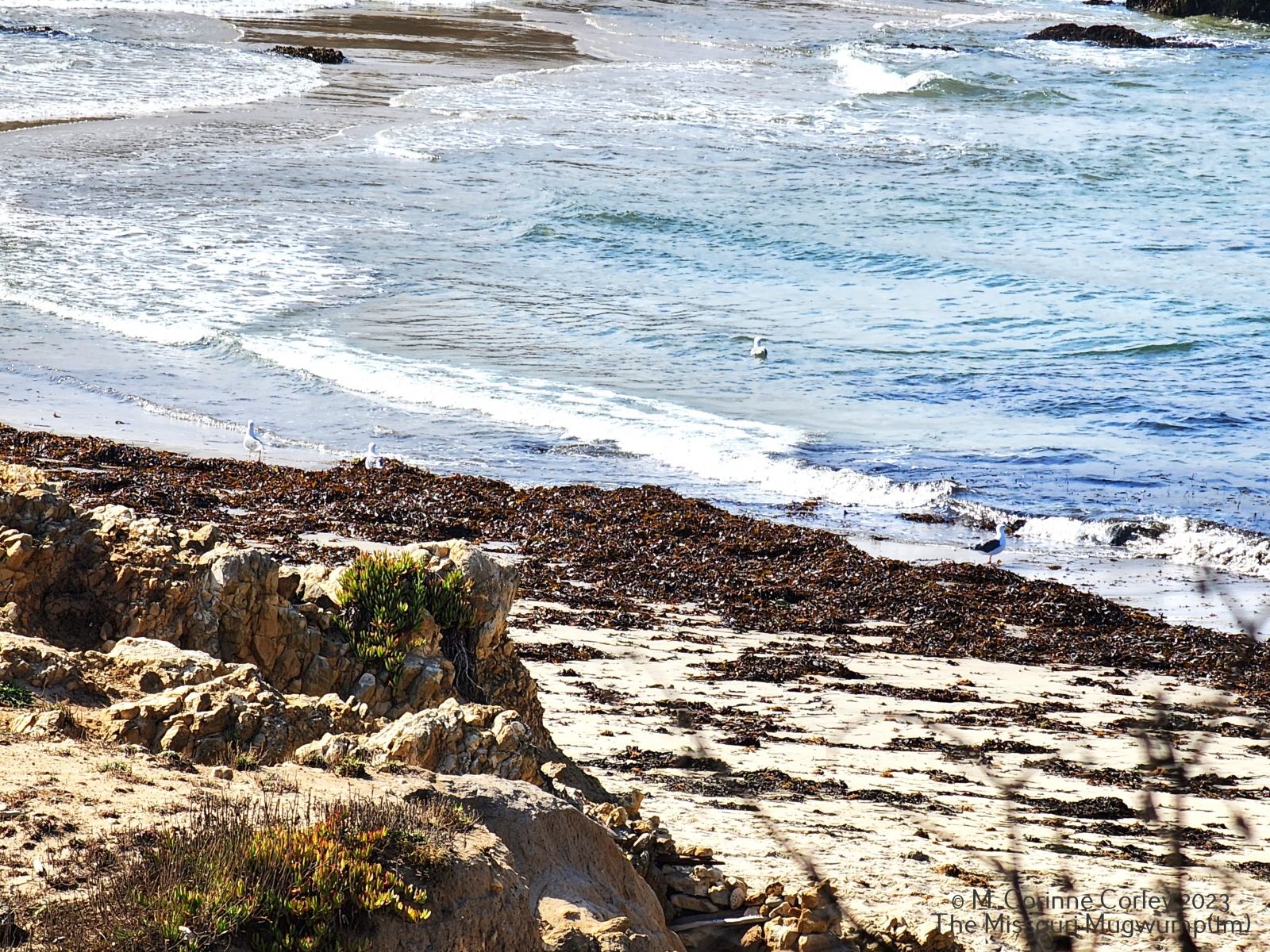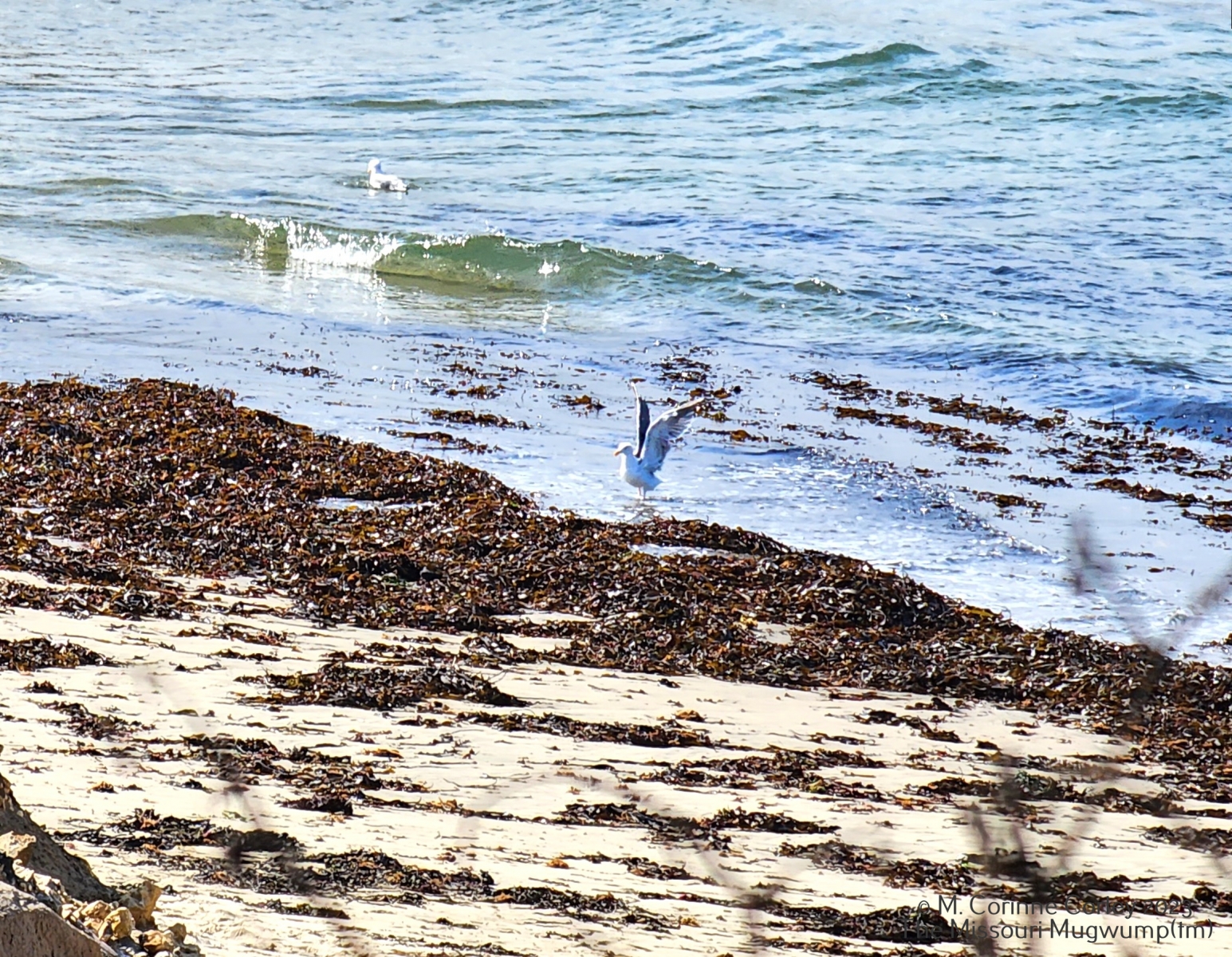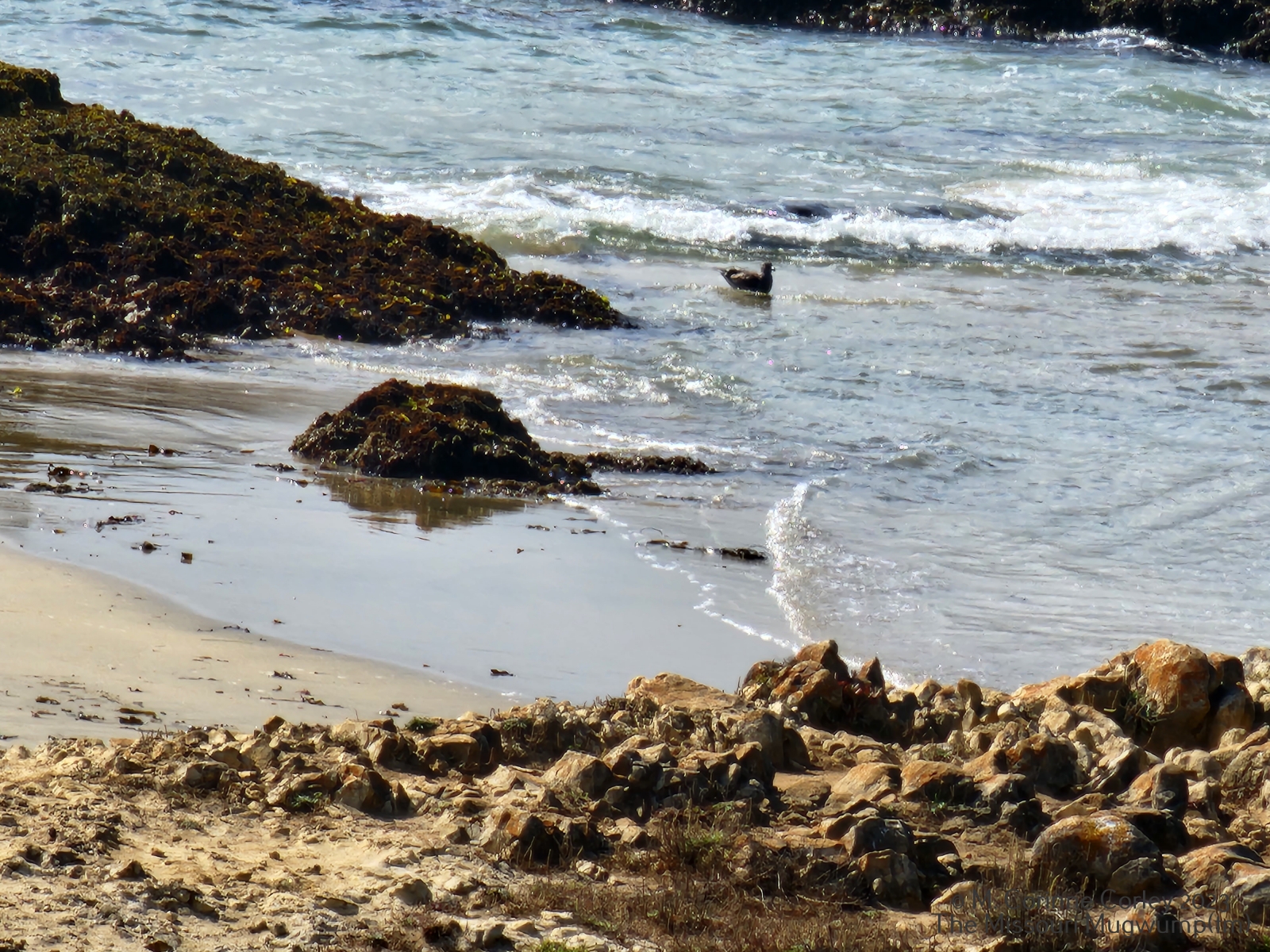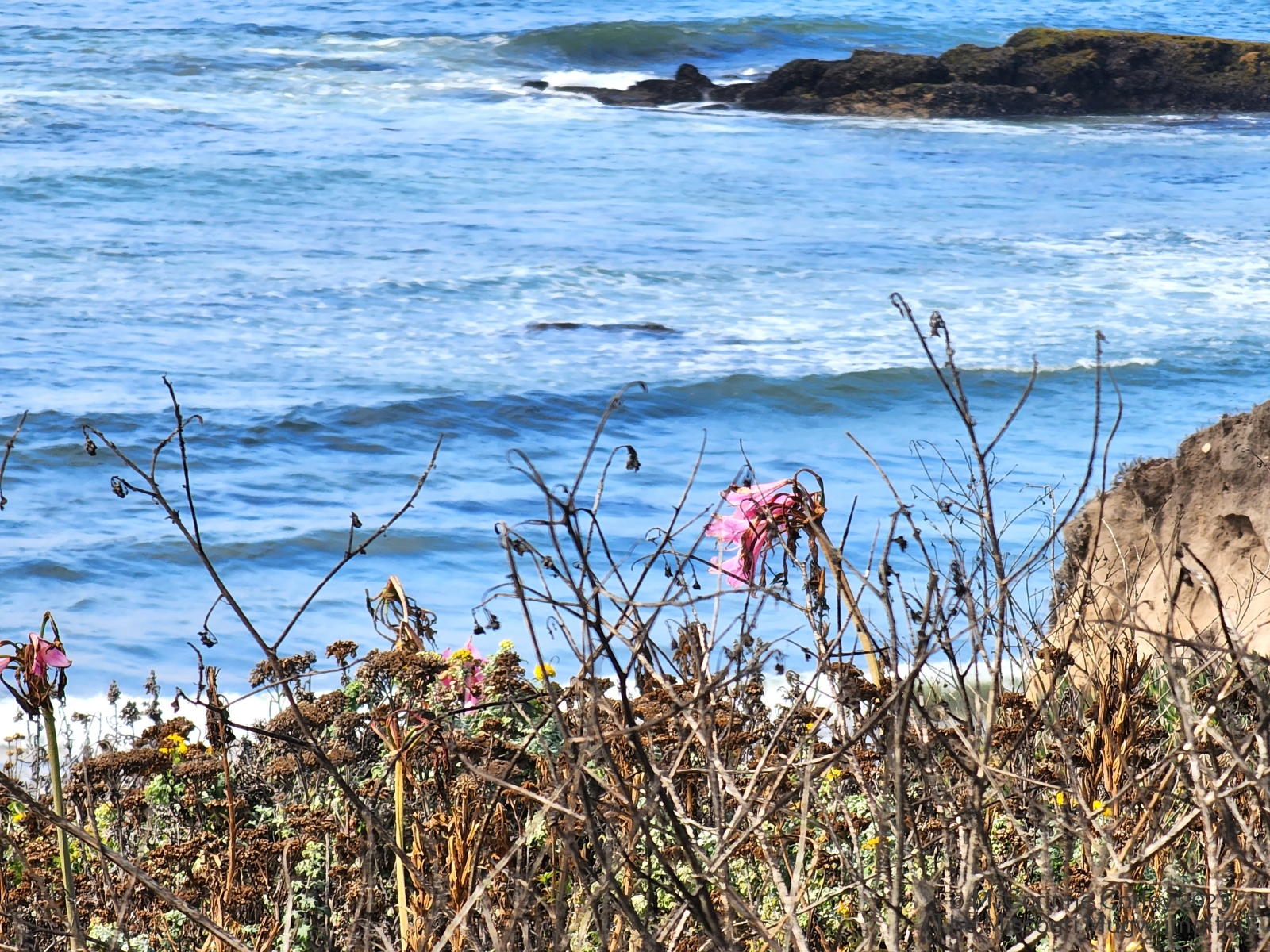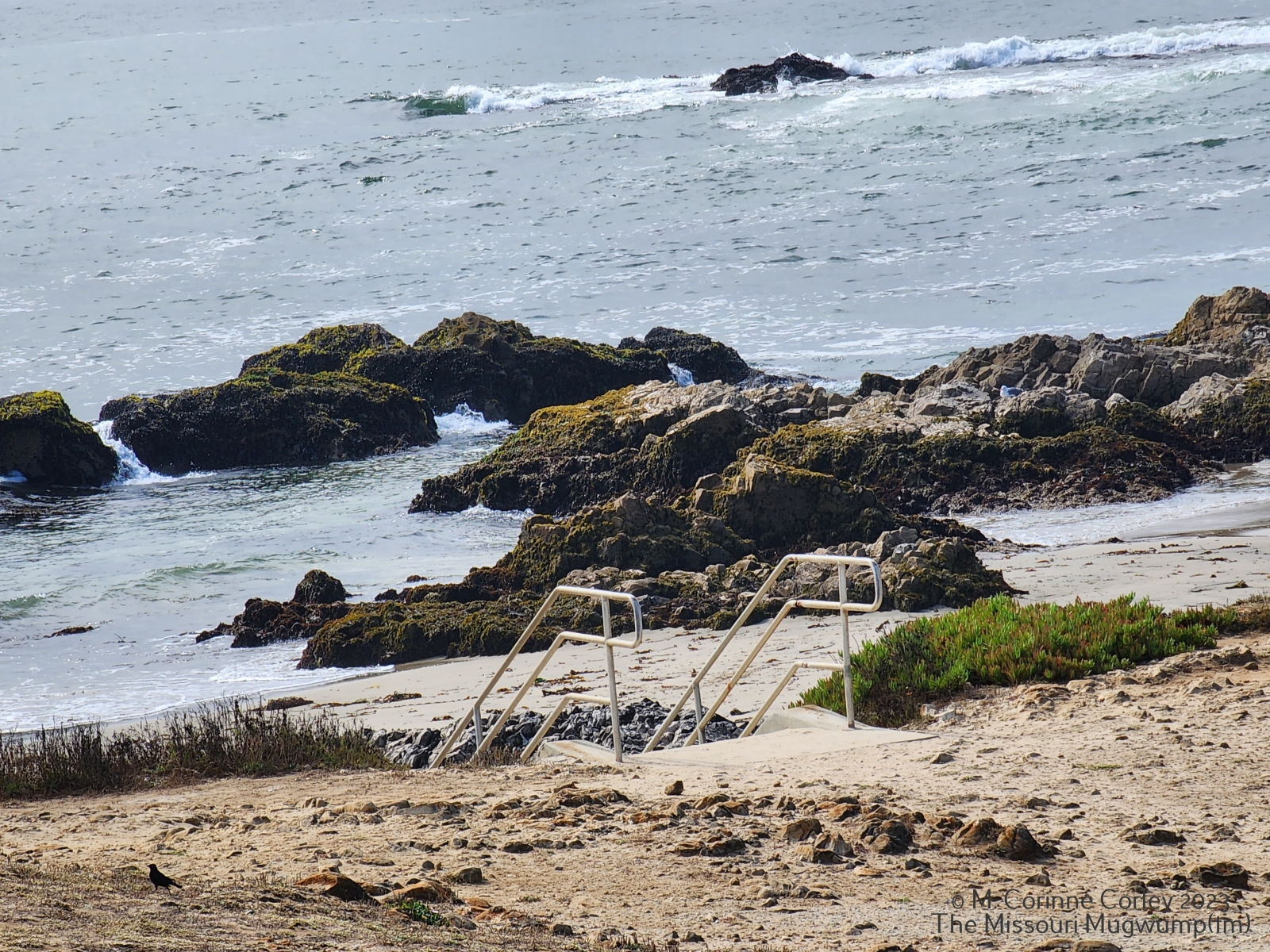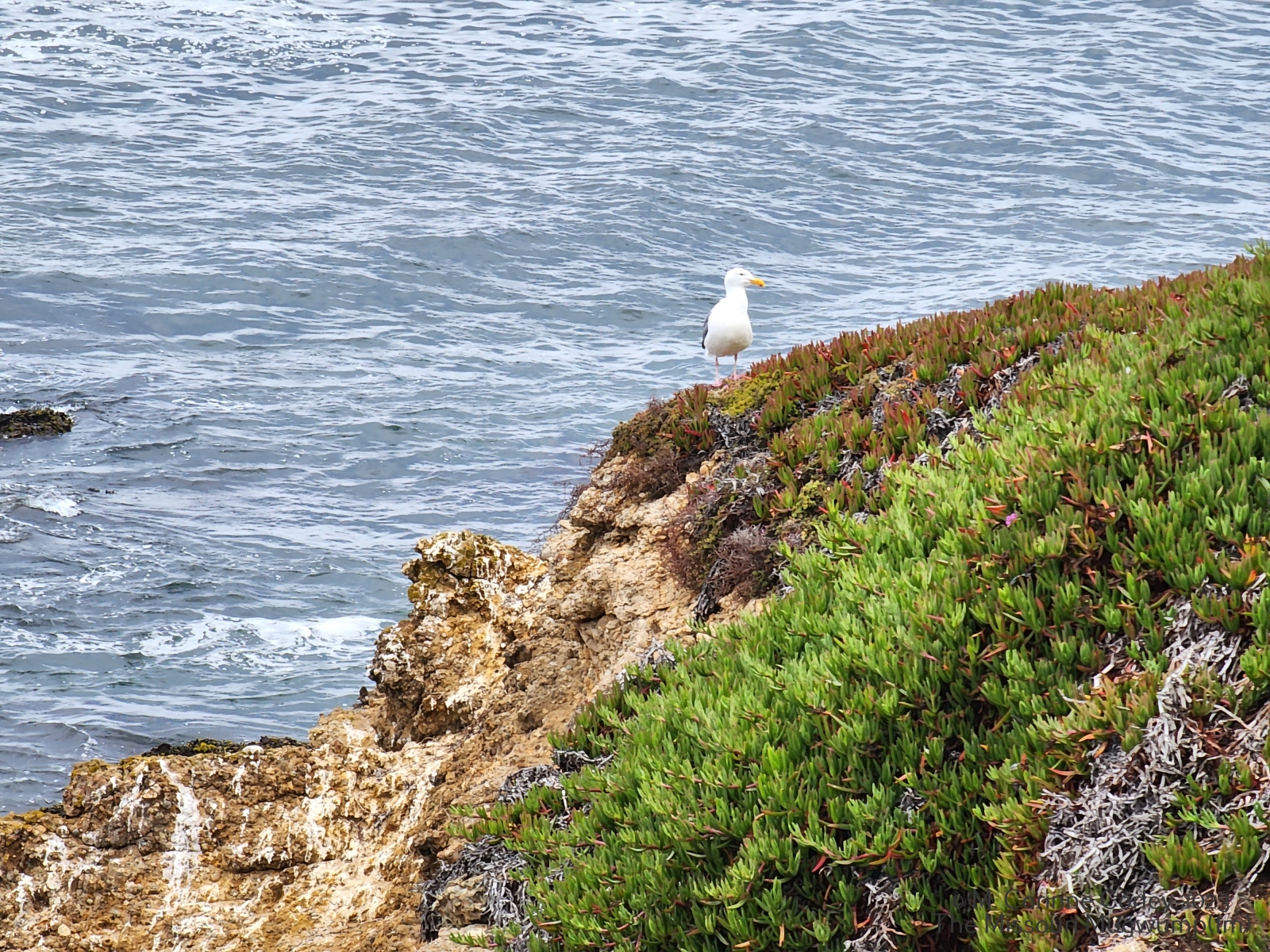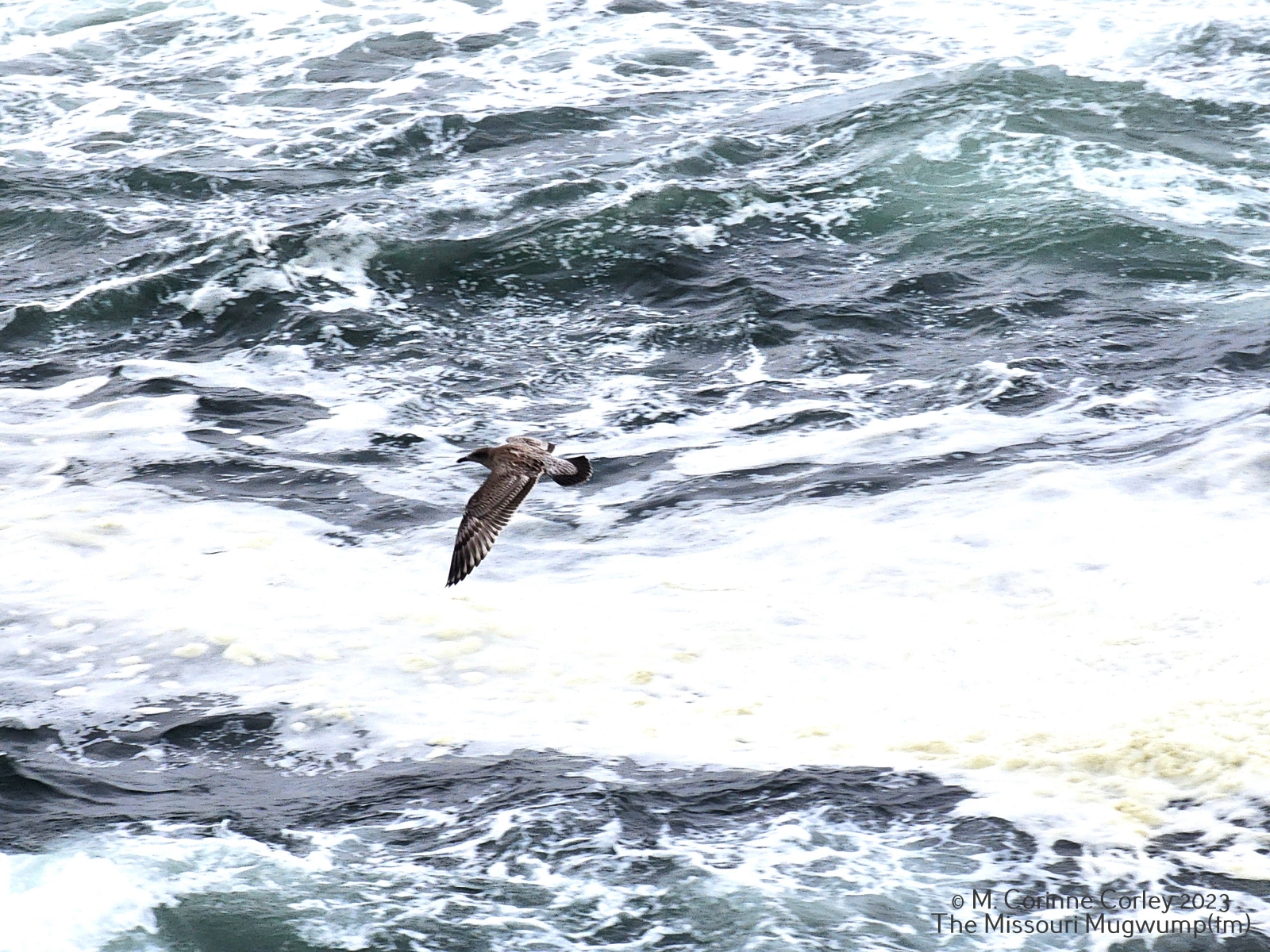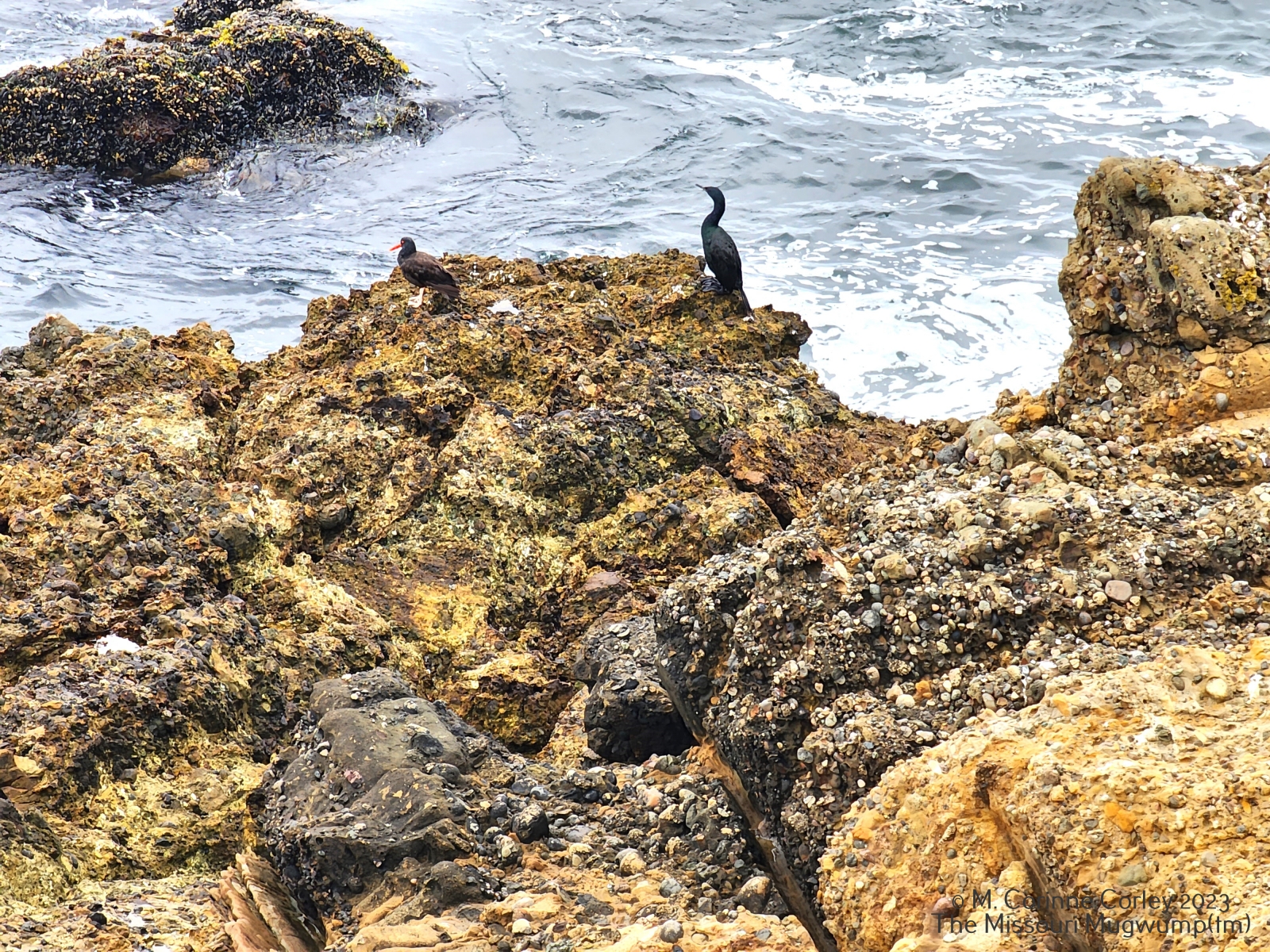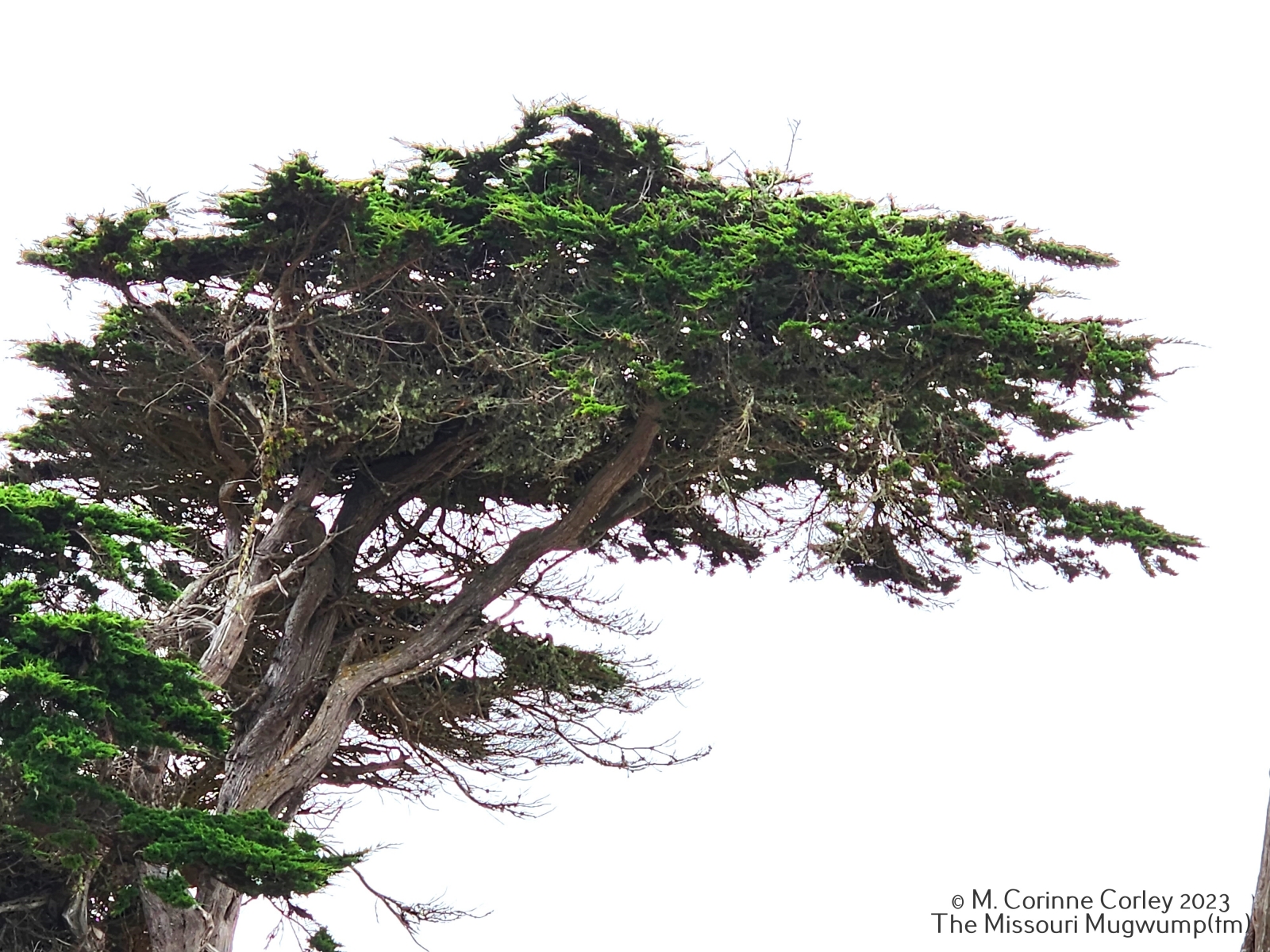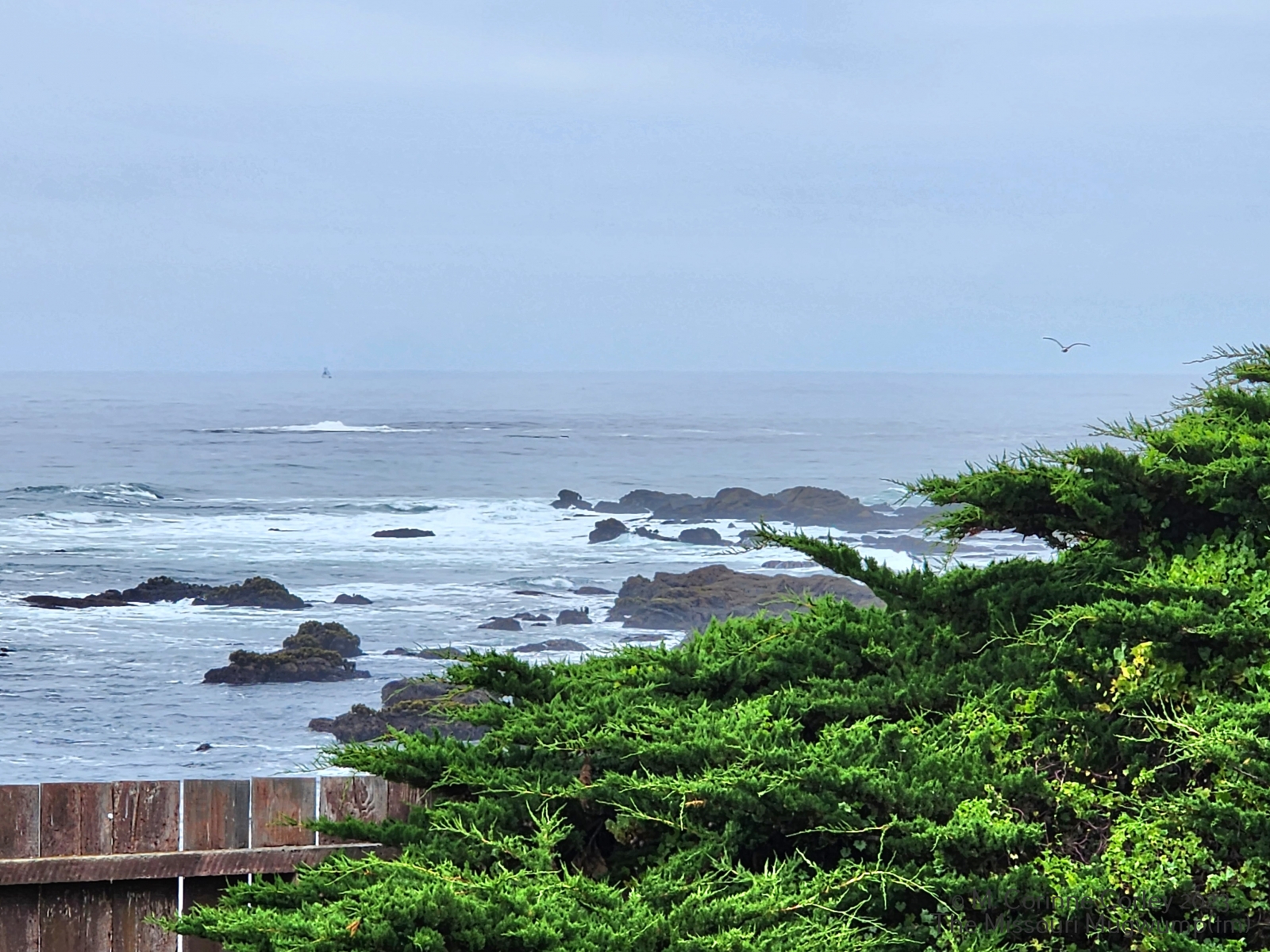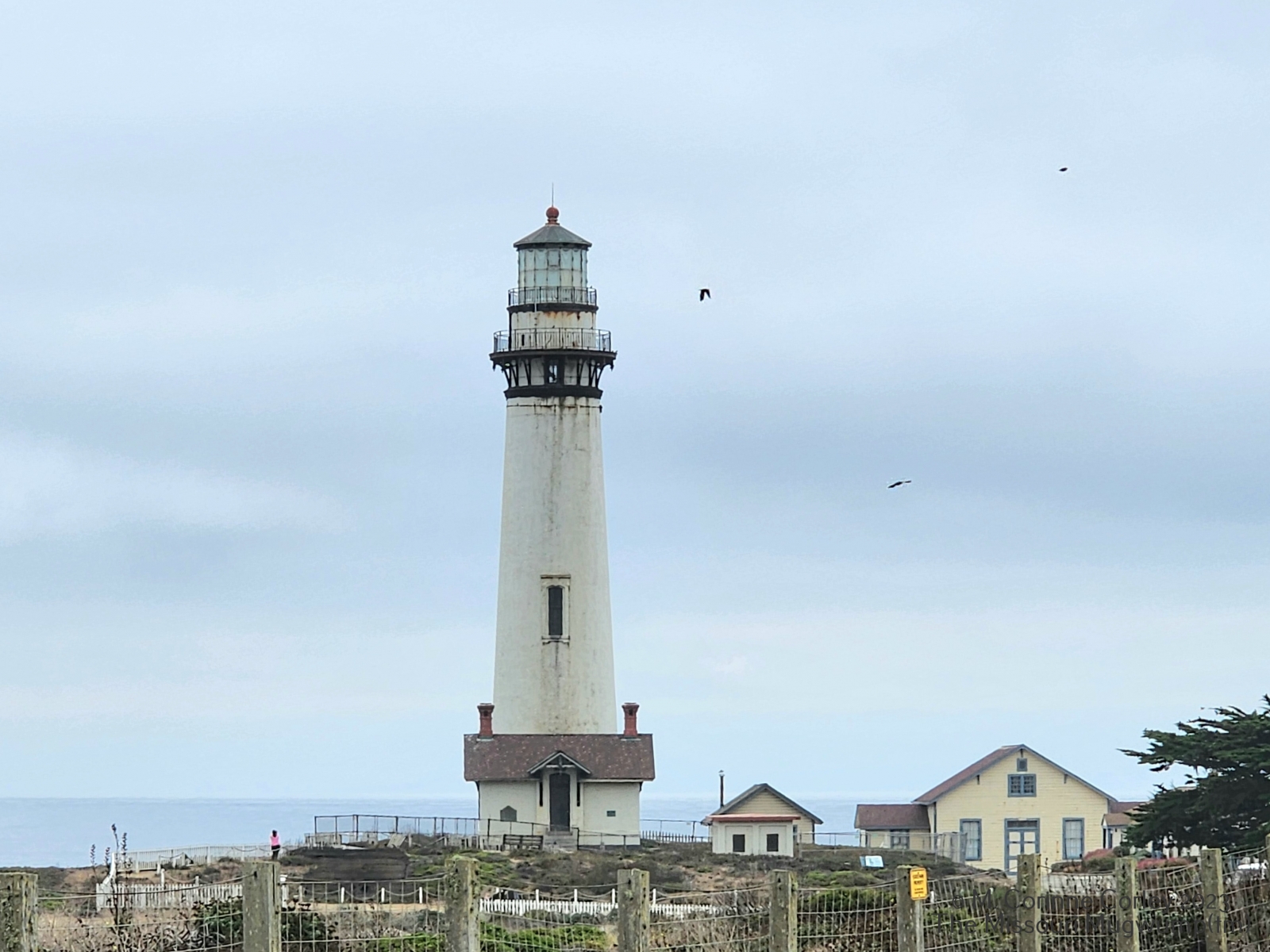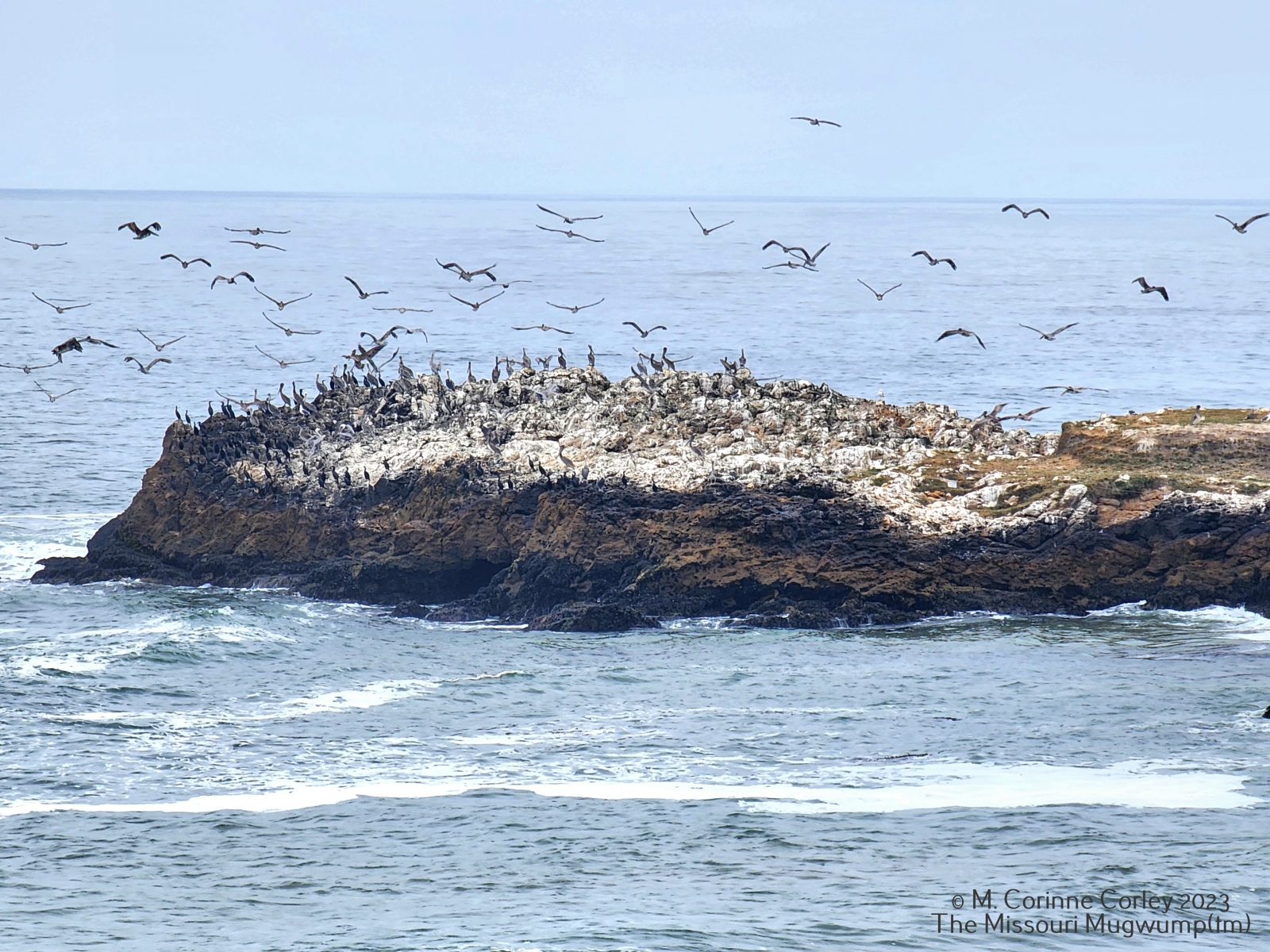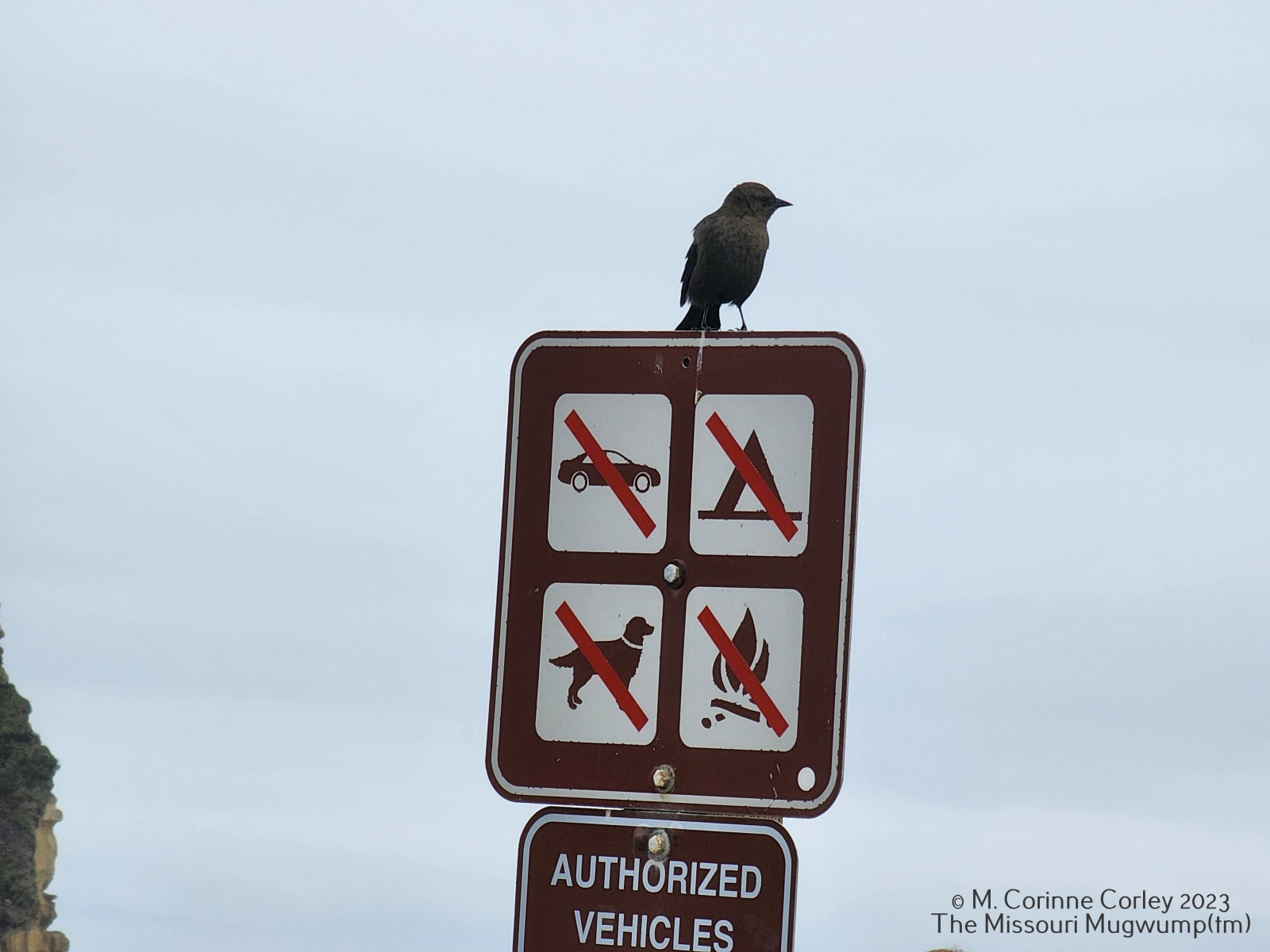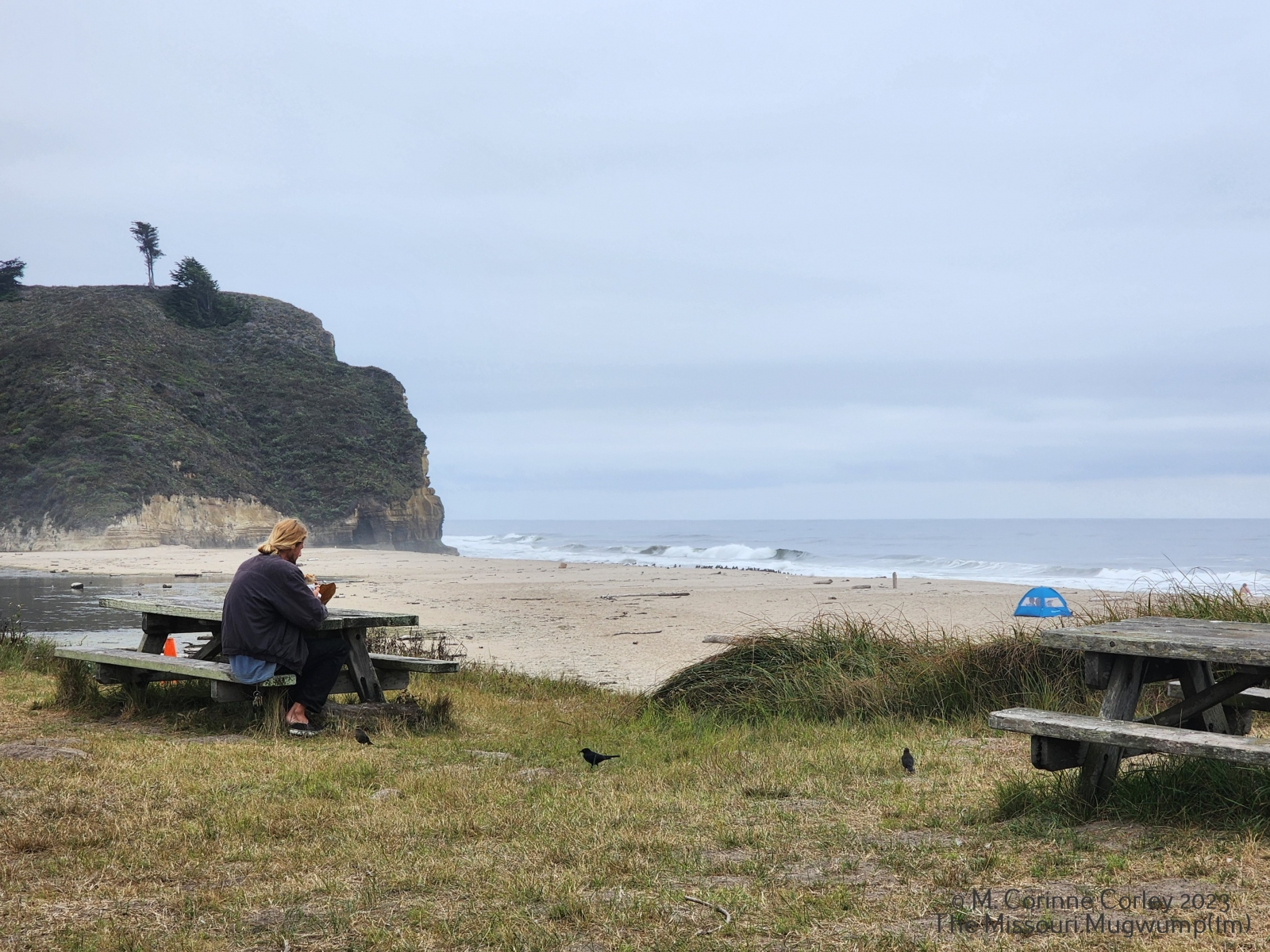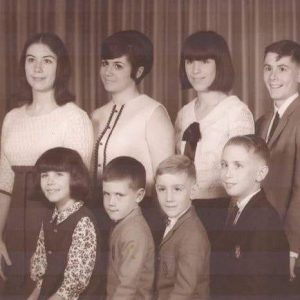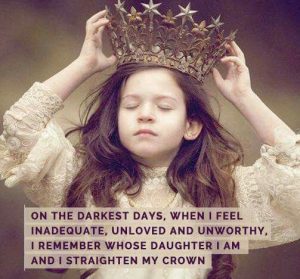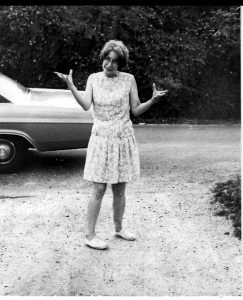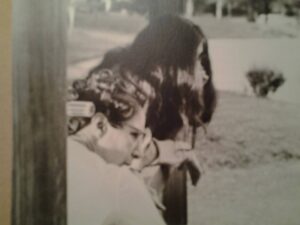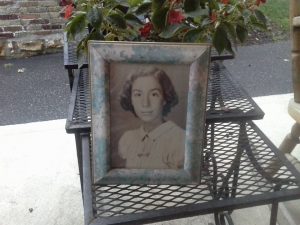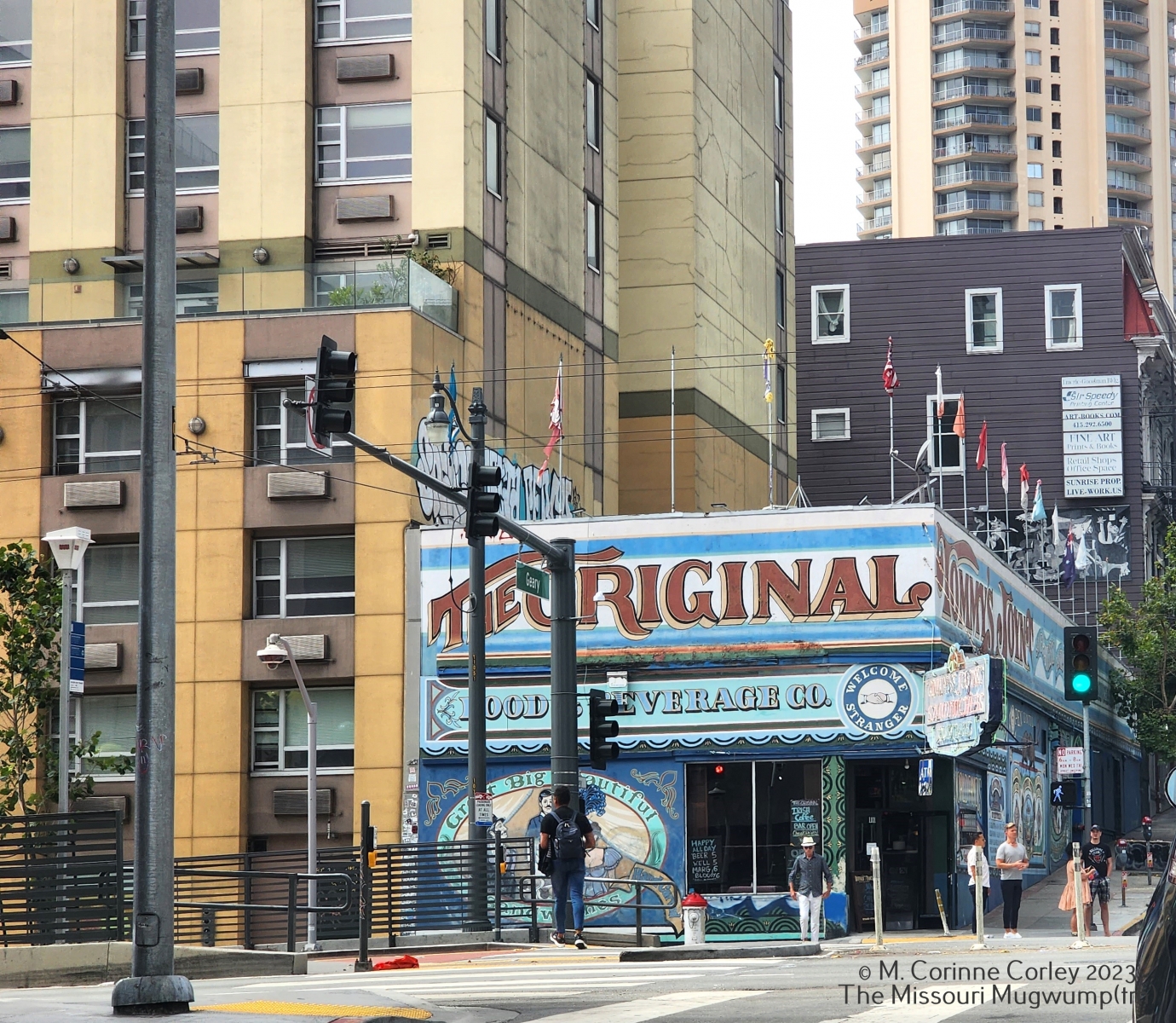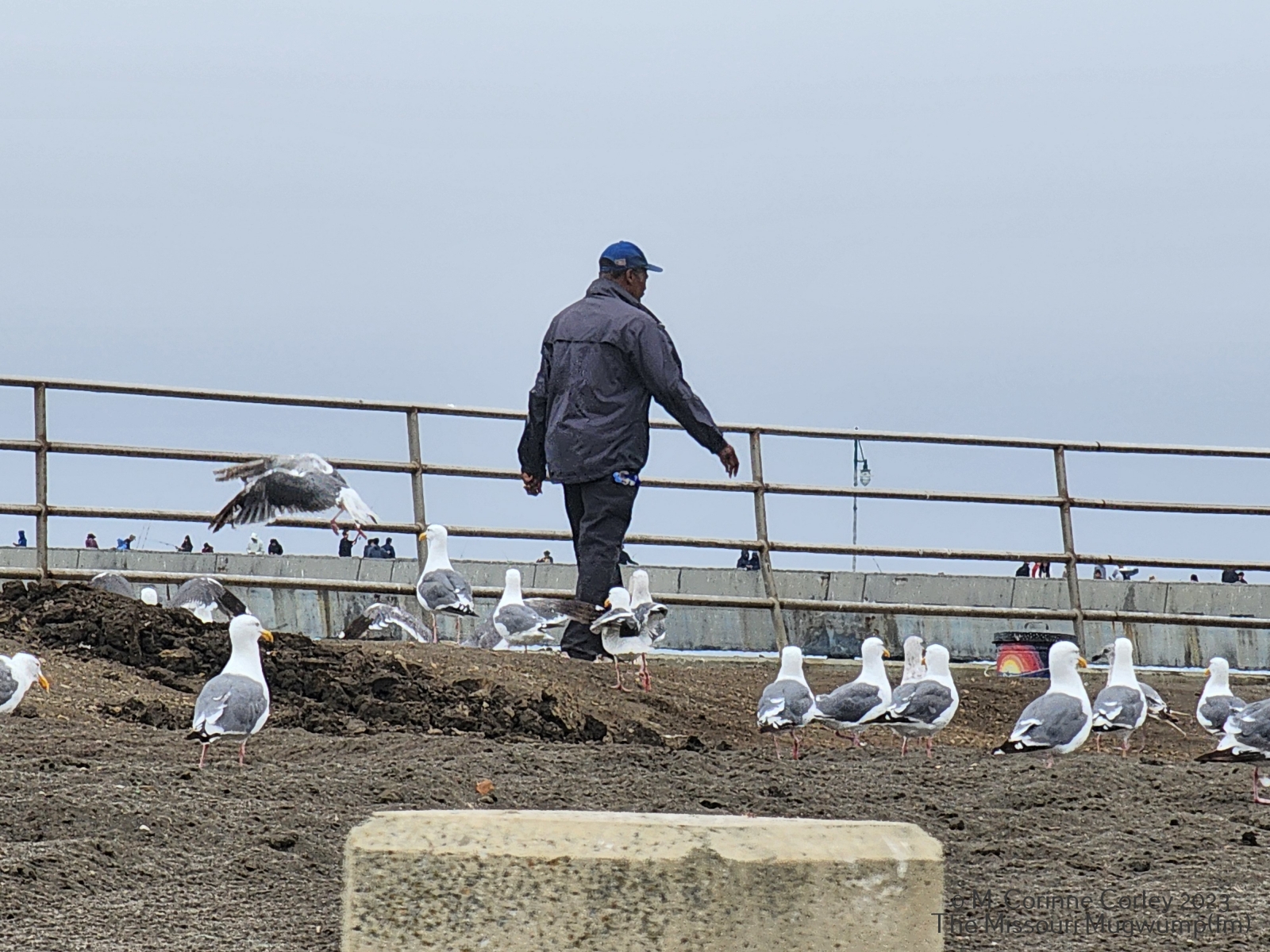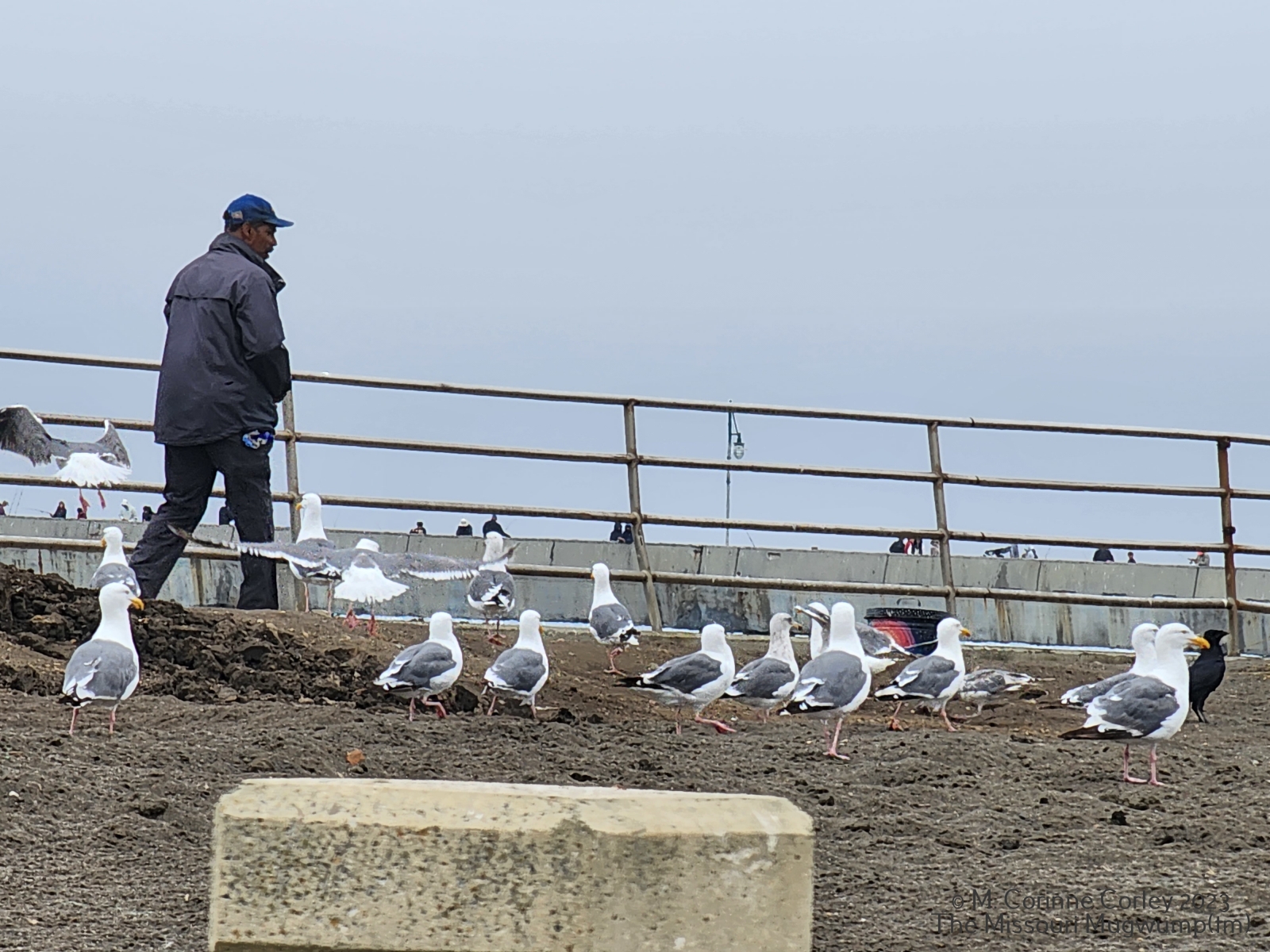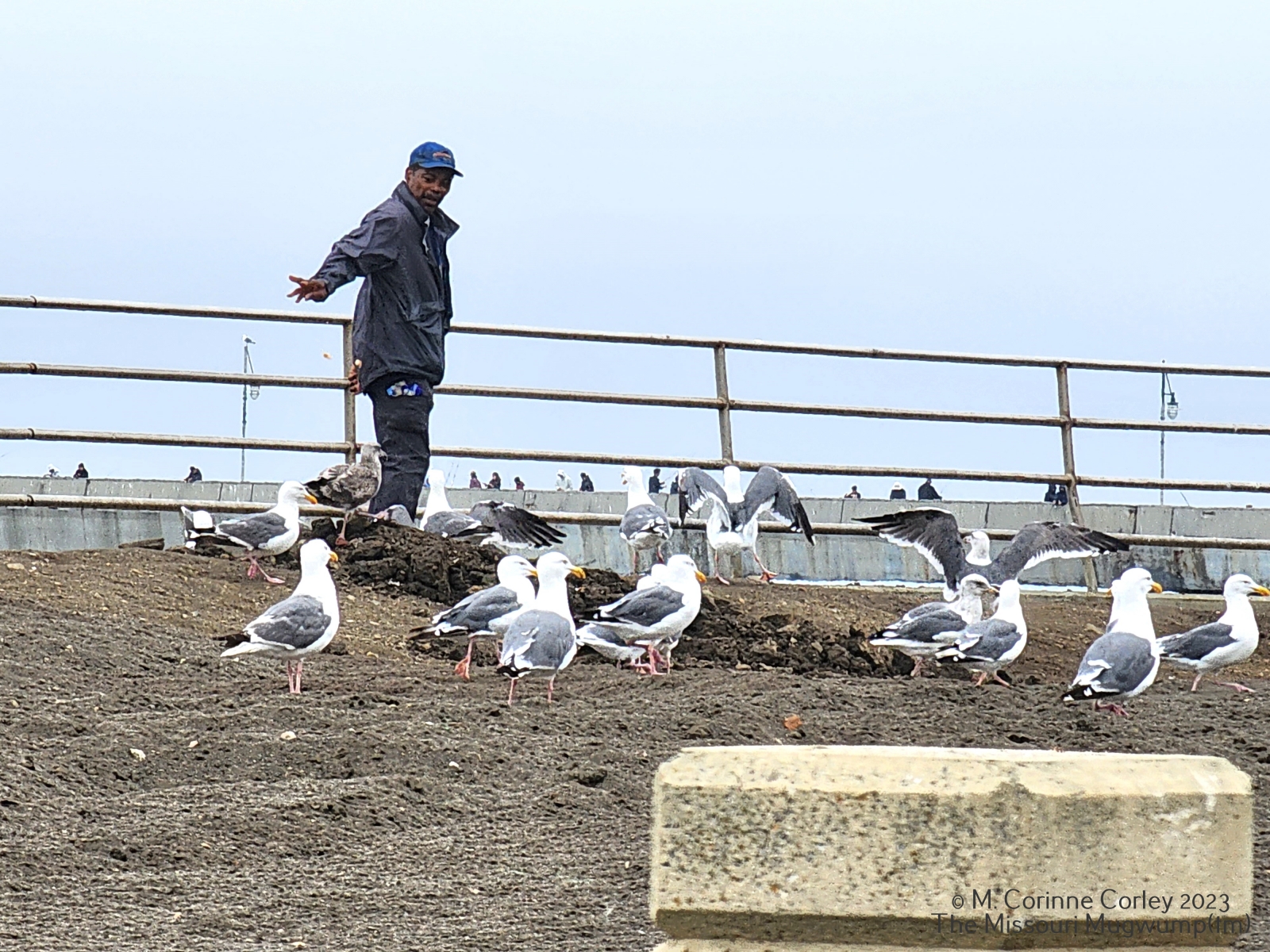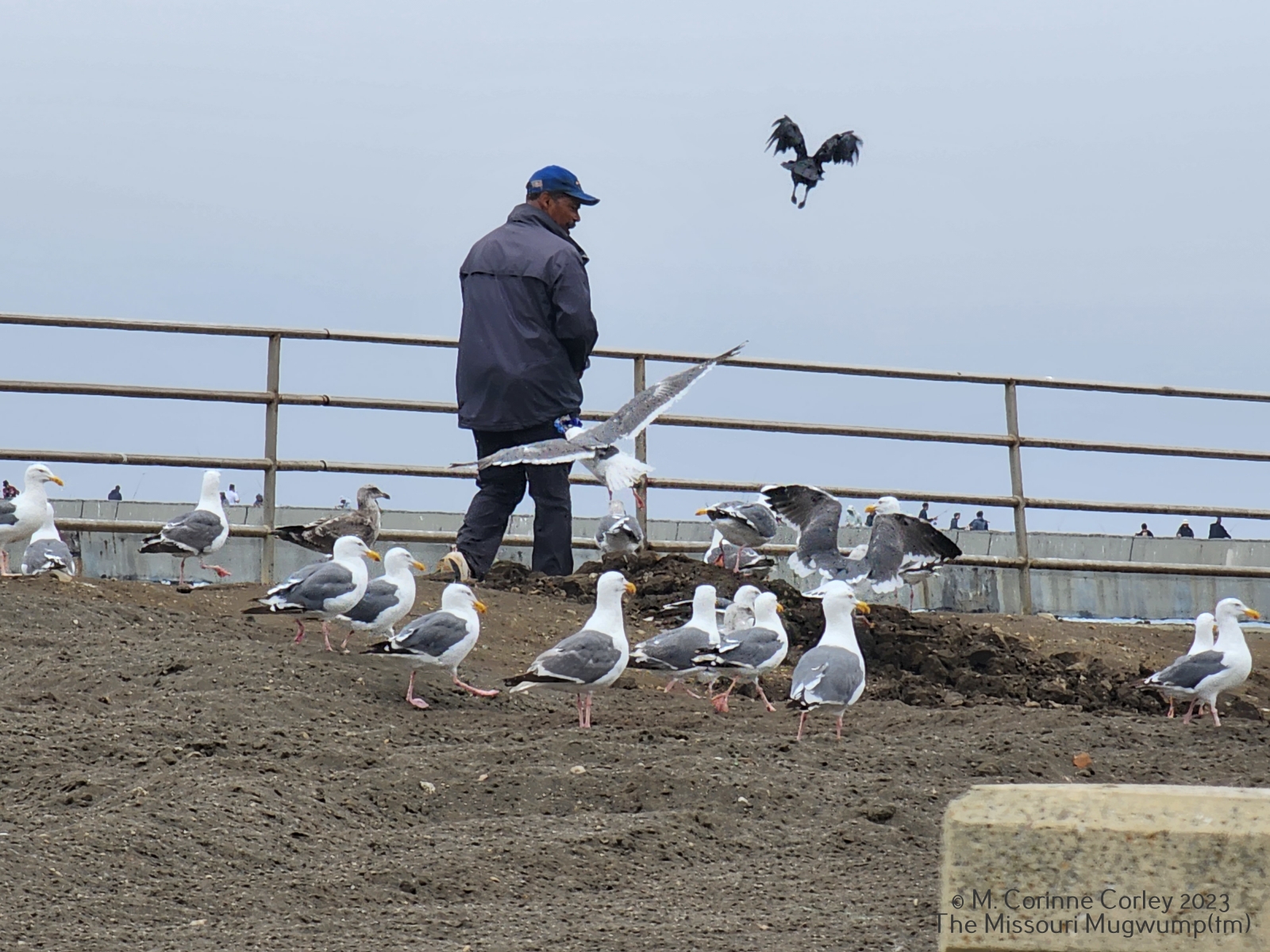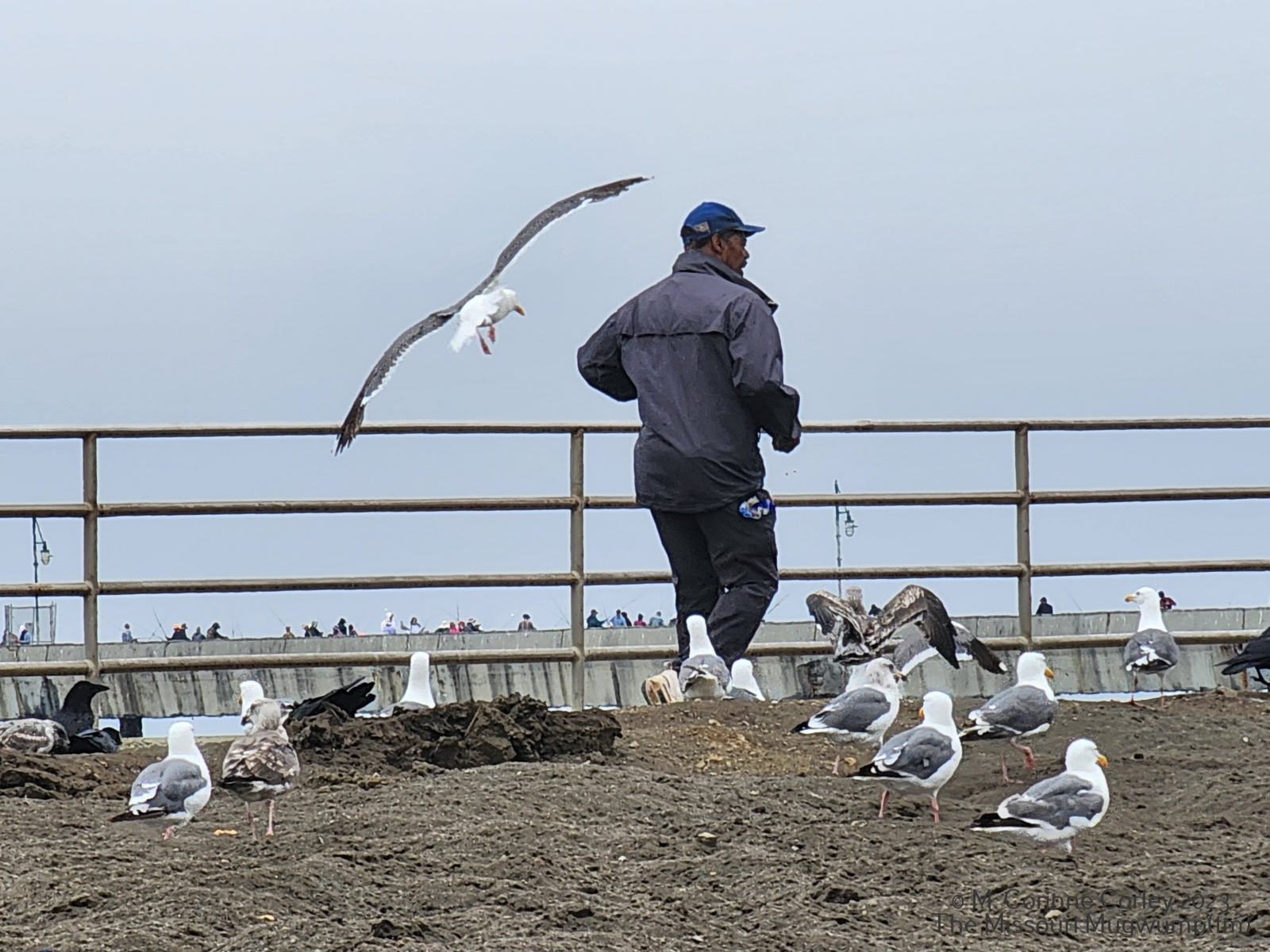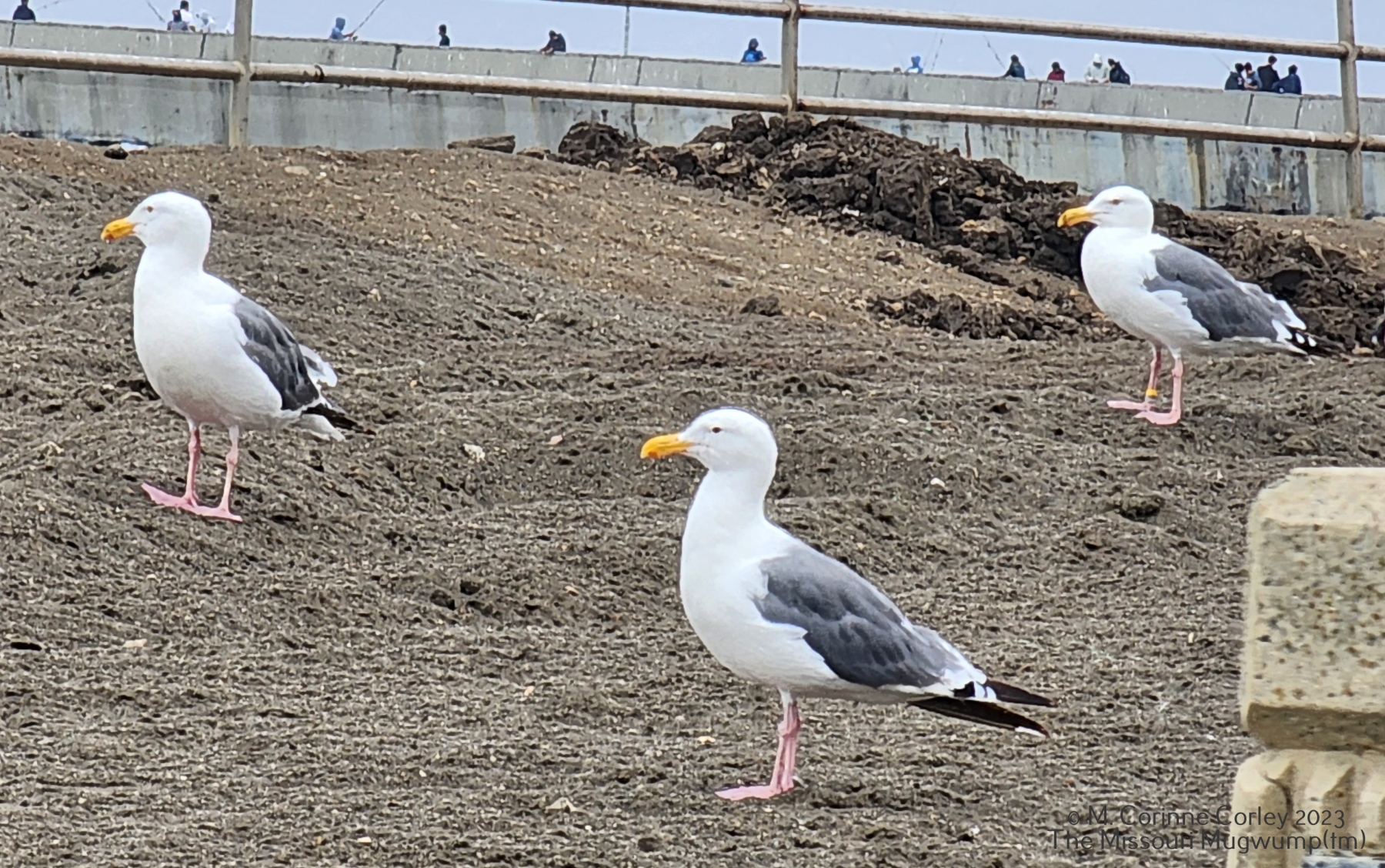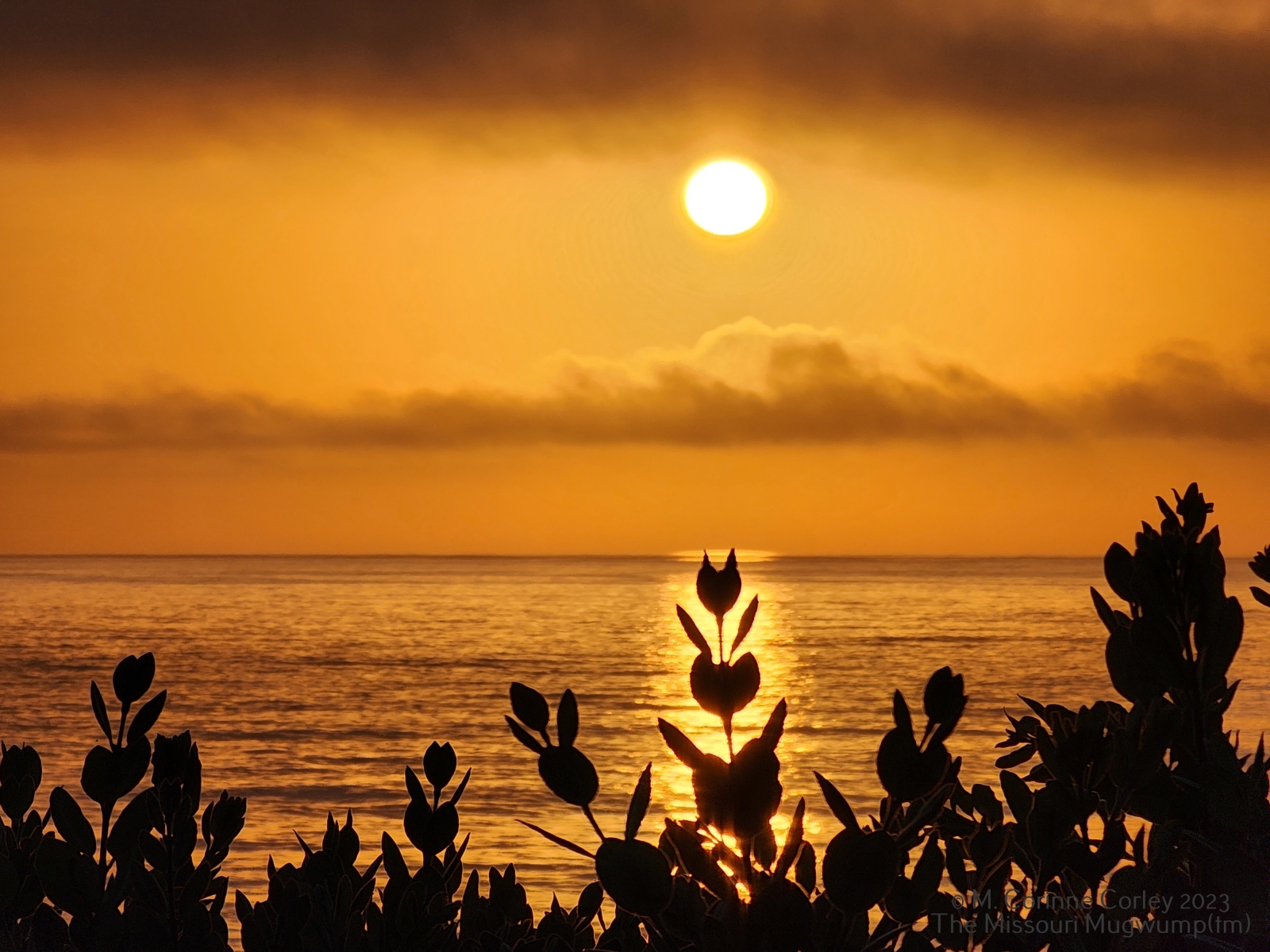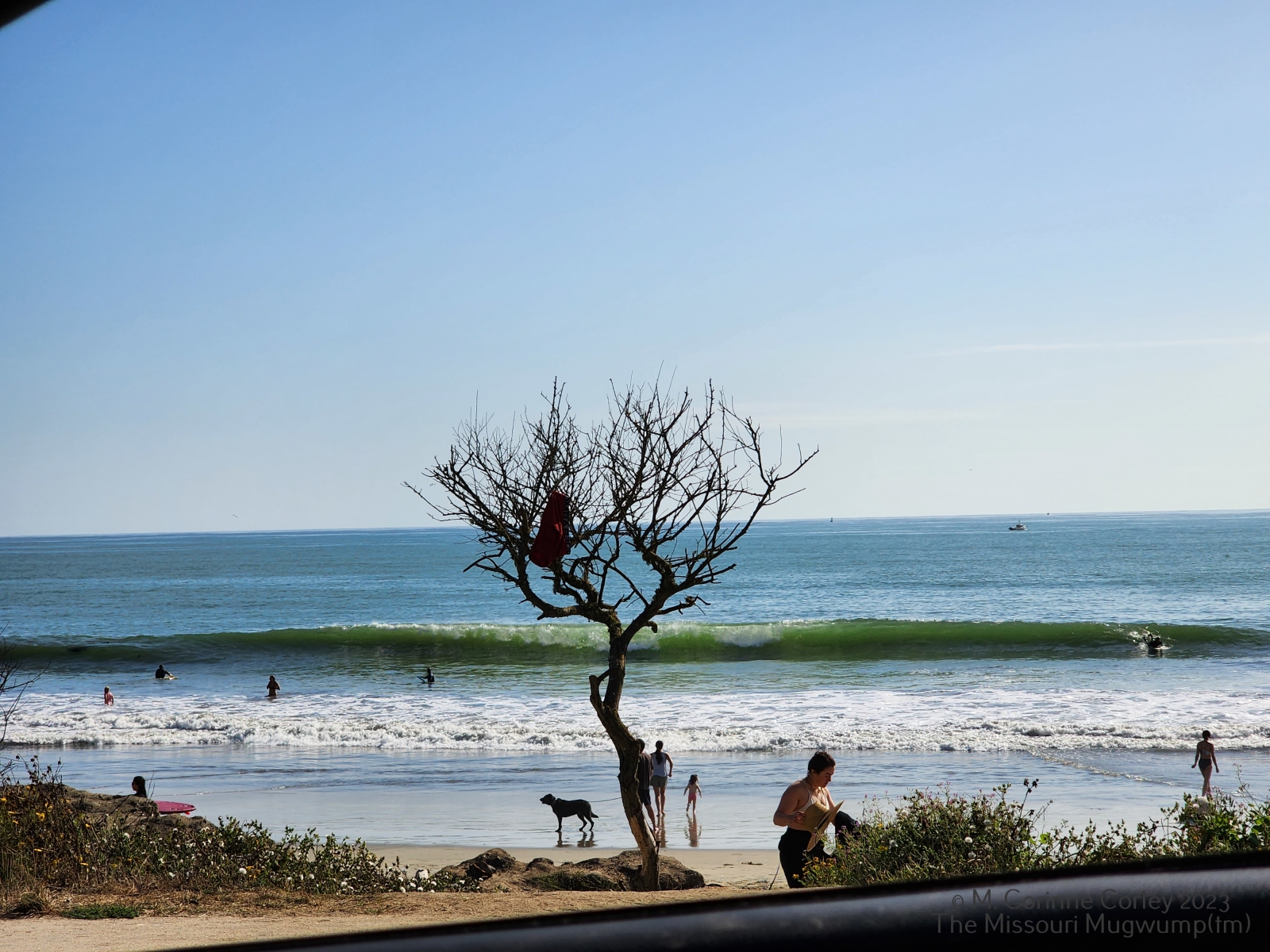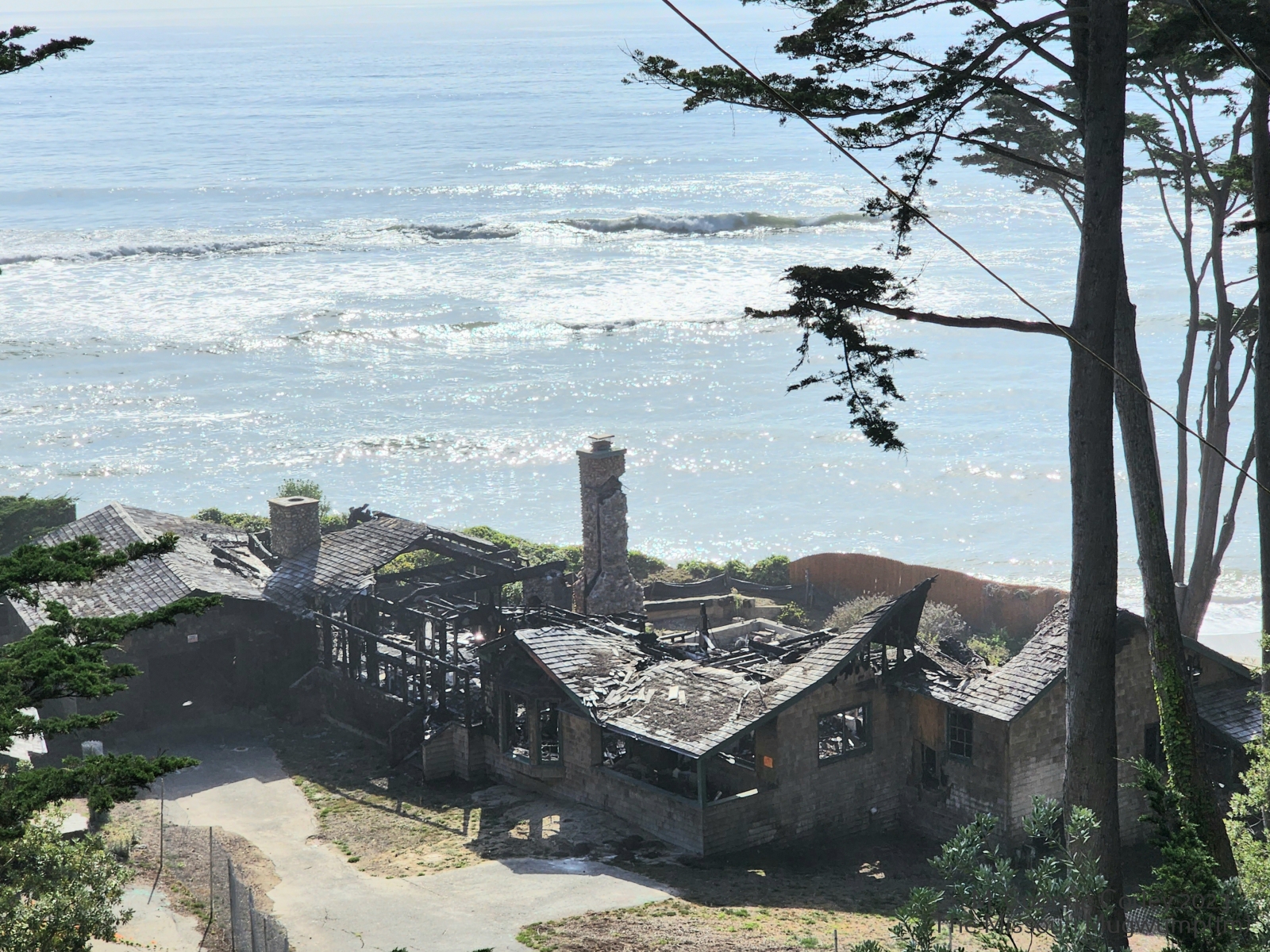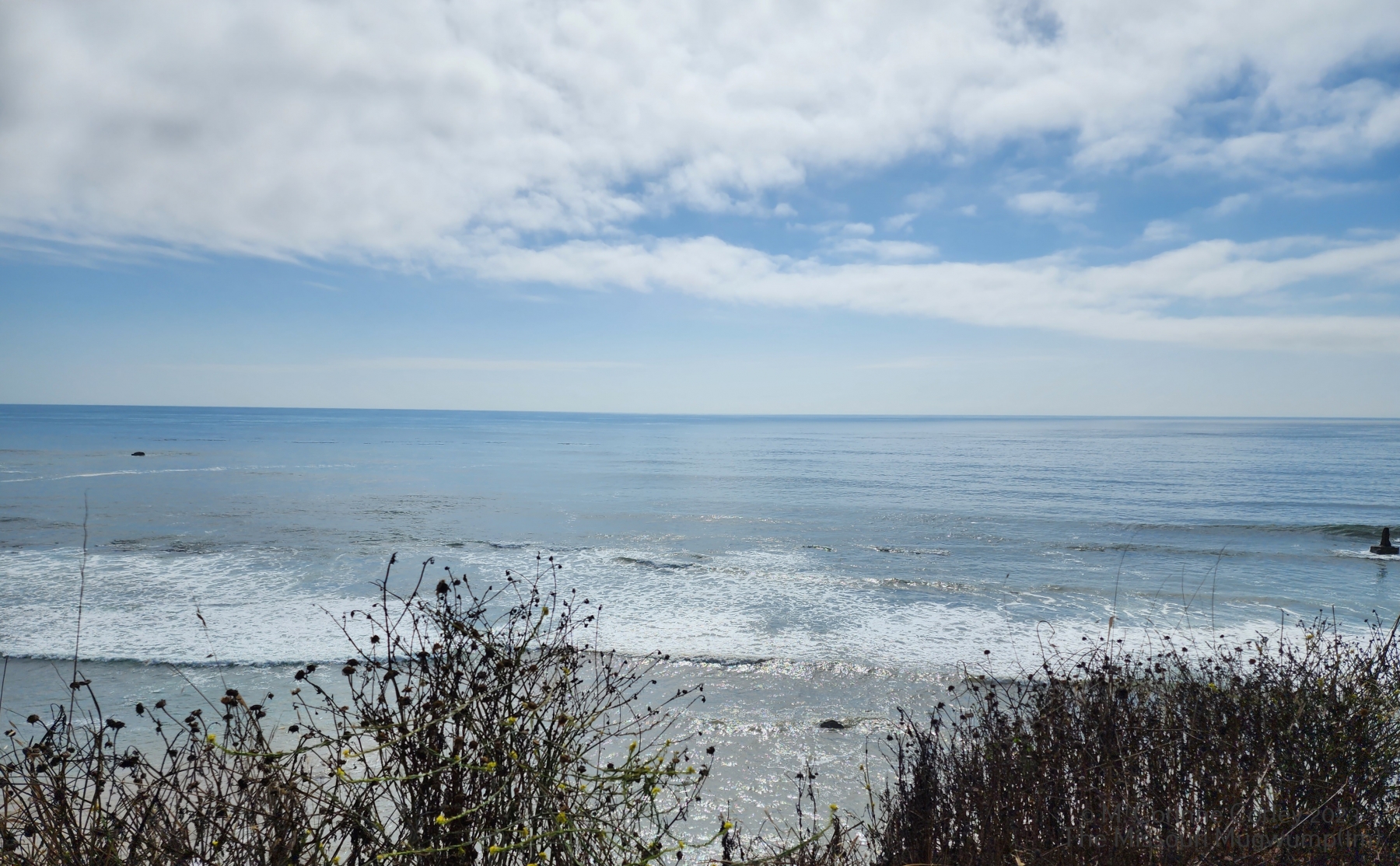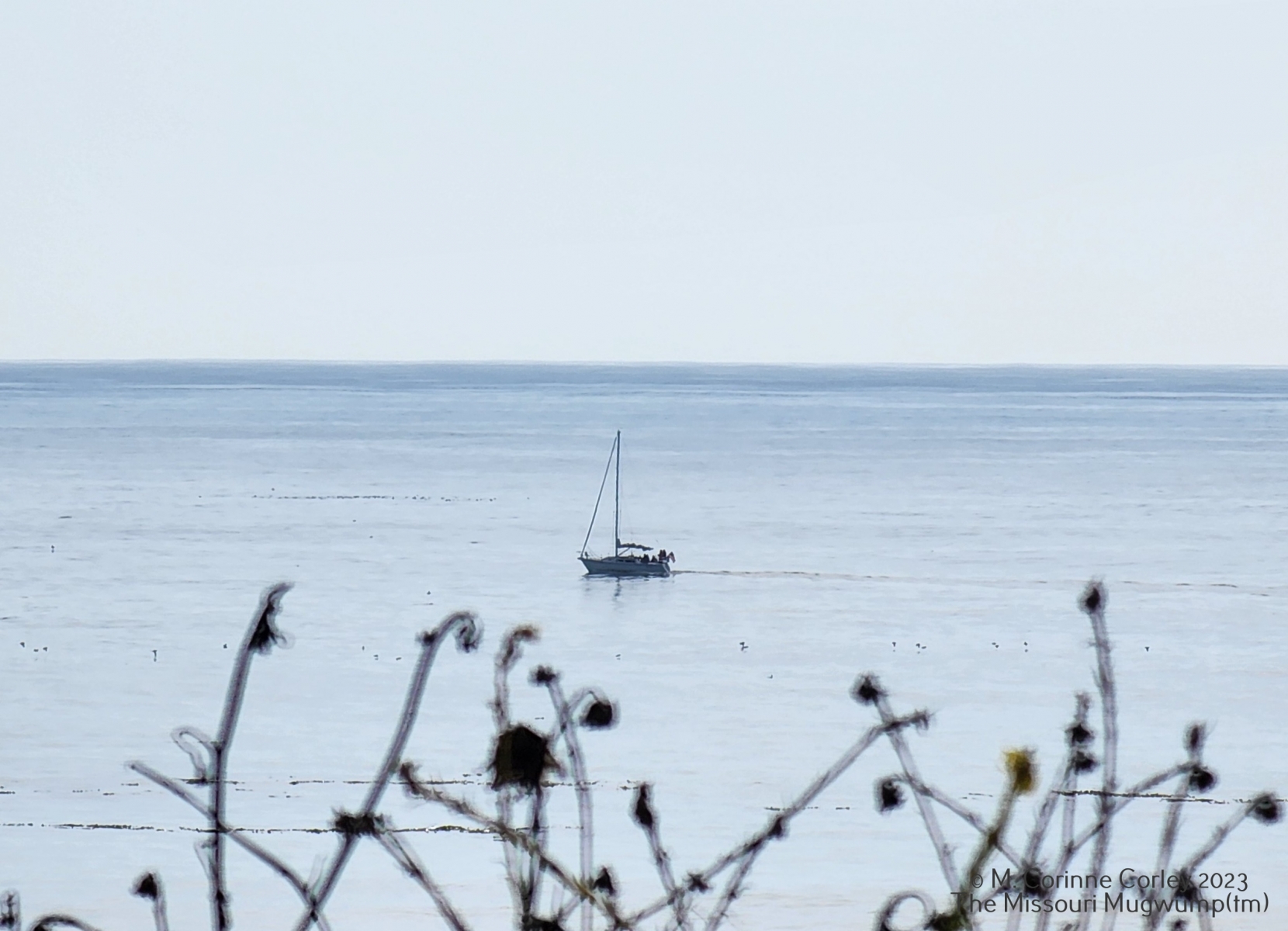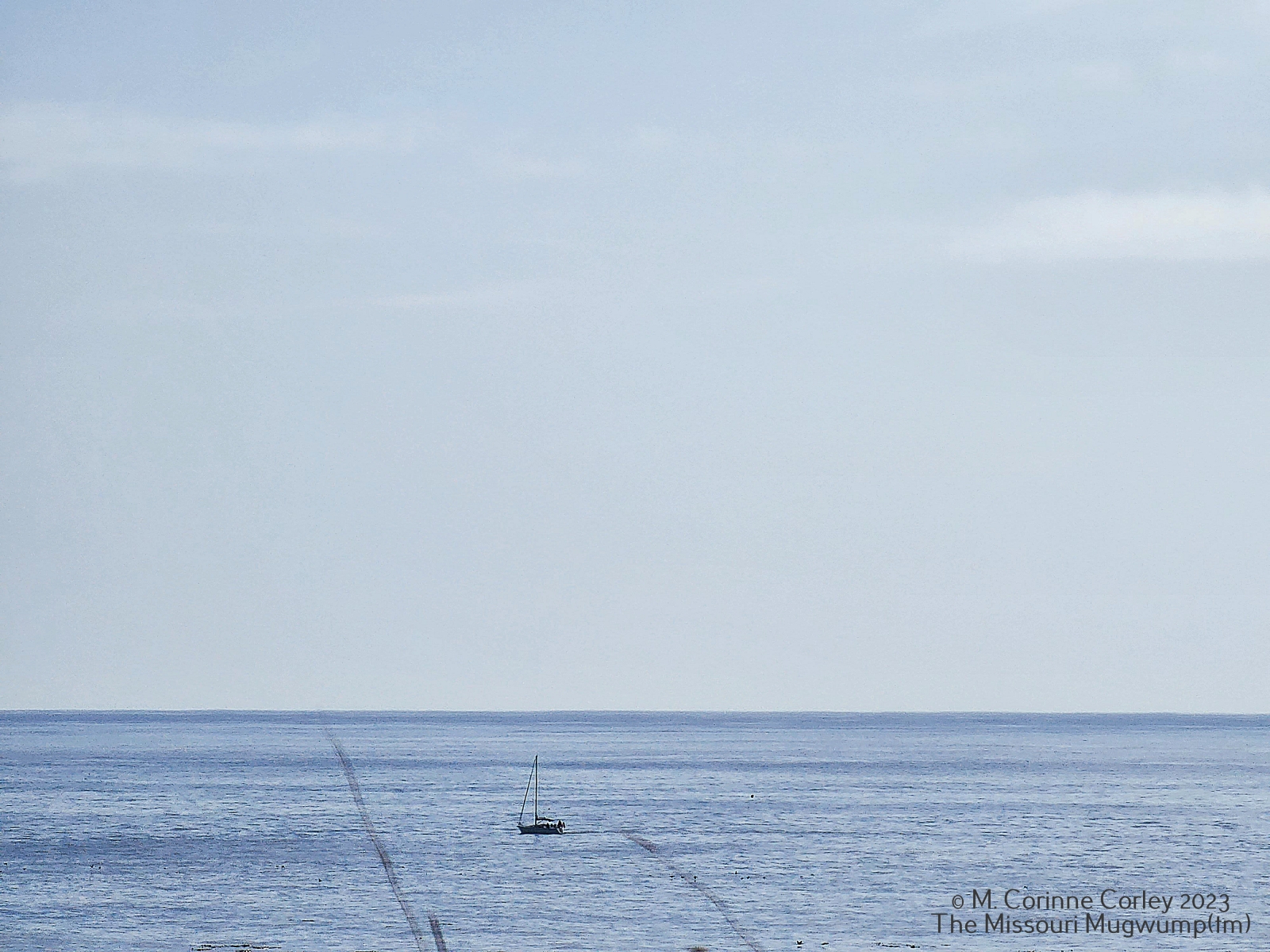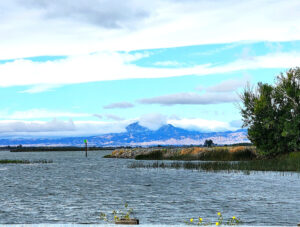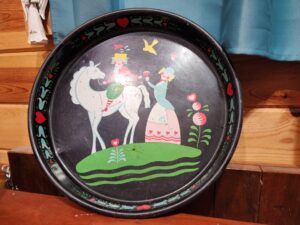 I heated a bowl of leftover pasta last night and thought, wouldn’t this be lovely out on the porch. The sun had slipped far enough in the western sky that the broken rope of the umbrella wouldn’t ruin my evening. The useless sunshade awaits repair or replacement; but I didn’t need to contemplate its short life. I could just pretend that I had it closed so as to maximize enjoyment of the evening air.
I heated a bowl of leftover pasta last night and thought, wouldn’t this be lovely out on the porch. The sun had slipped far enough in the western sky that the broken rope of the umbrella wouldn’t ruin my evening. The useless sunshade awaits repair or replacement; but I didn’t need to contemplate its short life. I could just pretend that I had it closed so as to maximize enjoyment of the evening air.
So I poured a cold glass of soy milk and set a fork on the counter. Book in hand, I glanced at the door. I needed something; a tray, perhaps? Don’t I have one of those? I lowered the steps on the old stool for which I paid too high a price on eBay, perfect though it is. Standing precariously on the highest of two slim red painted treads, I eased a silver, wooden-handled fake-antique from under the cabinet perched on top of the built-in washer cubby.
Then I saw it, nestled inside the larger item: A tray that I found in a thrift store years ago, the match of one from my childhood. I had forgotten its existence. I held it for a few minutes, leaning on my washer-dryer combo-unit. I wondered which of my siblings got the original in the up-rounds and down-rounds by which we dispersed the flotsam and jetsam of our parents’ sad lives after my father’s death in 1991. Oldest picks first then down to the baby; youngest picks first then up to the biggest sister. Ann, Adrienne Joyce, Kevin, Mark, Mary, Francis, Stephen. The infinity Corleys. On and on we went, through each room. Up round, down round. In the middle of it, one of those lucky bastards got the tray on which one of my brothers — Mark? Frank? — brought me vanilla wafers and hot tea the first time I took to bed with menstrual cramps that he didn’t understand.
I loaded my dinner on this gallant pretender and tucked a book and my phone under one arm. Cruising along the perimeter of my narrow house, I scooted out to the deck without benefit of gait aid or fanfare. The sweet evening breezes indeed freely flowed around me. I opened my book, lifted my fork, and took a deep breath. Suddenly, an unbidden flash of deja vu overwhelmed me. I’ve passed this way before now, I whispered, to nobody, to the haunting spirits, to the memories that I would not stop if I could.
Someone recently asked me if I had a normal childhood. I felt one eyebrow raise, surely the most automatic mimic of my dead mother that I could have employed. “Normal?” I played the word back with incredulity. “Did you? Did anyone? Does that even exist? Is that really a thing?” I shifted my face into a fair imitation of a rueful, humorless smile. “Maybe,” I finally admitted. “That entirely depends on your definition of normal.” Then I turned away and left the speaker to regard my haughty, prideful back. I didn’t snap over my shoulder, yeah, except the fifteen years of violence and chaos. I let it be, for once.
Within the days, and weeks, and months of that seemingly relentless turmoil, I did have some moments of normalcy. Like the time that one of my brothers poured boiling water over a Lipton tea bag, shifted a pile of cookies onto a small plate, and headed out of the kitchen towards his ailing sister. Like the moment when that brother carried the steaming mug, sweet comforting treats, and the comic pages of the day’s St. Louis Post-Dispatch on a black metal tray into the front bedroom where I lay clutching a heating pad to my midsection. Like the pause as he stood in the doorway and asked, Do you want this? before coming into the dimness of the front bedroom and setting his gift on the bedspread within easy reach. Like that. Surely, that was normal.
It’s the twenty-third day of the one-hundred and seventeenth month of My Year Without Complaining. Life continues.
